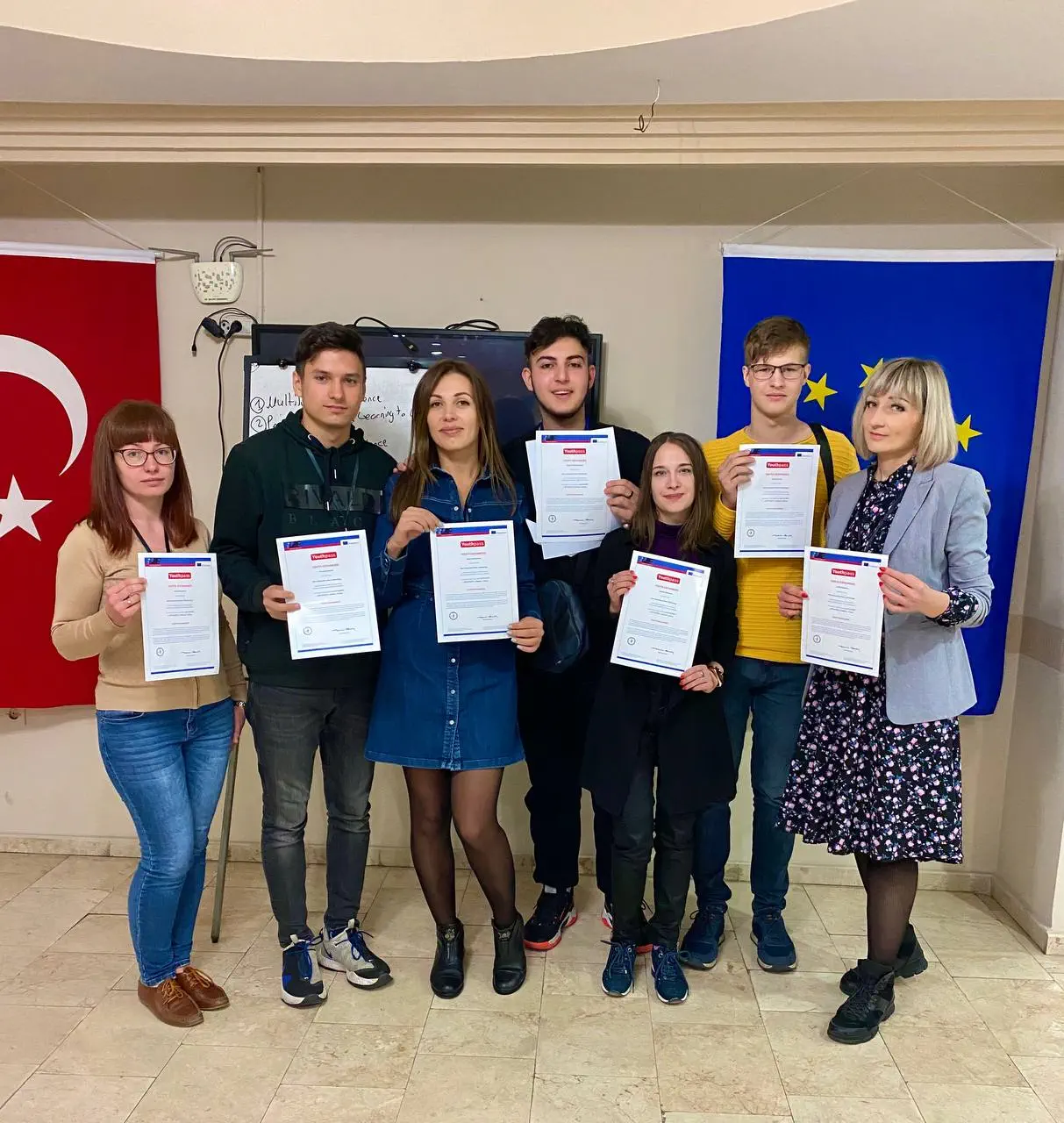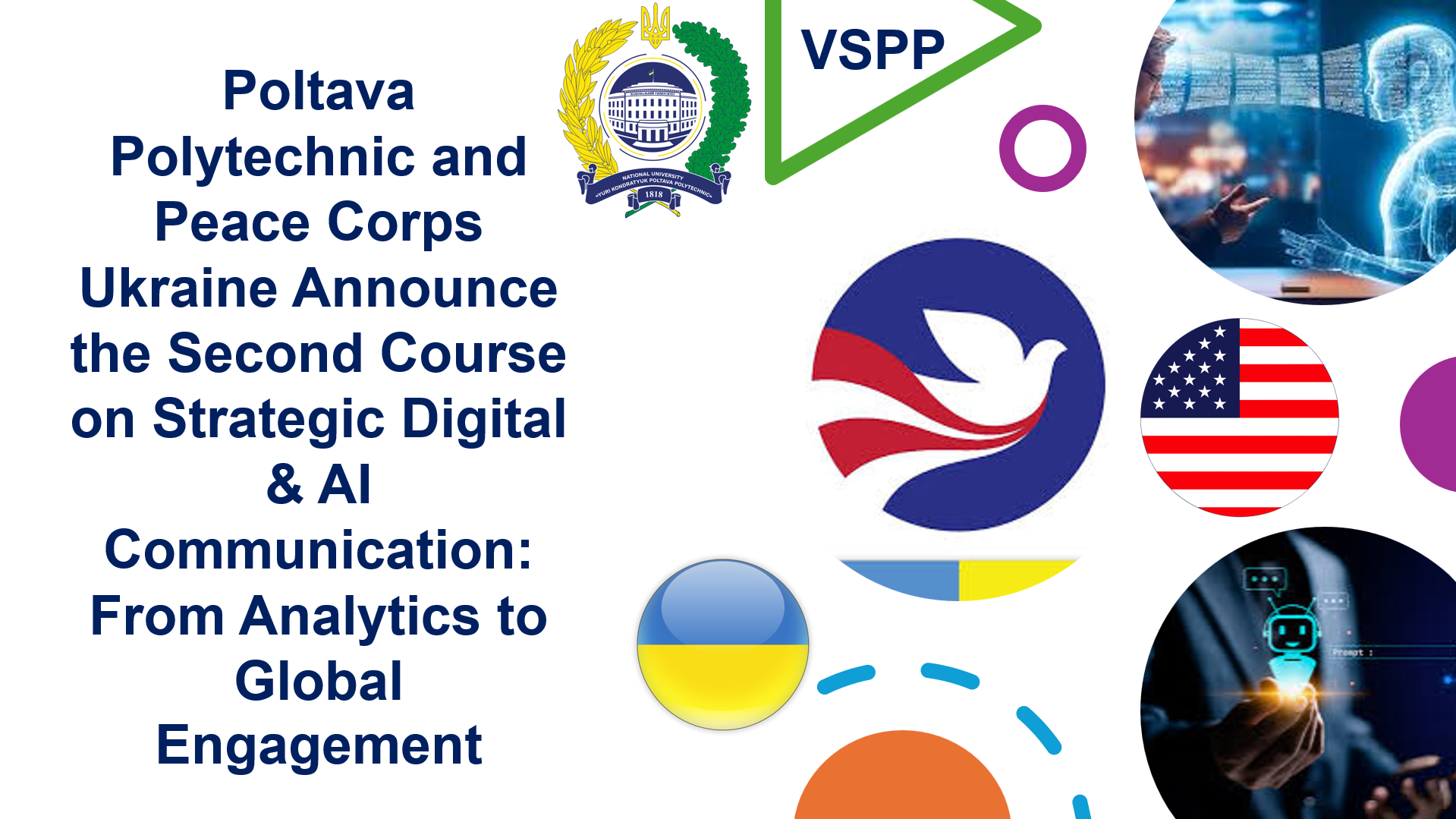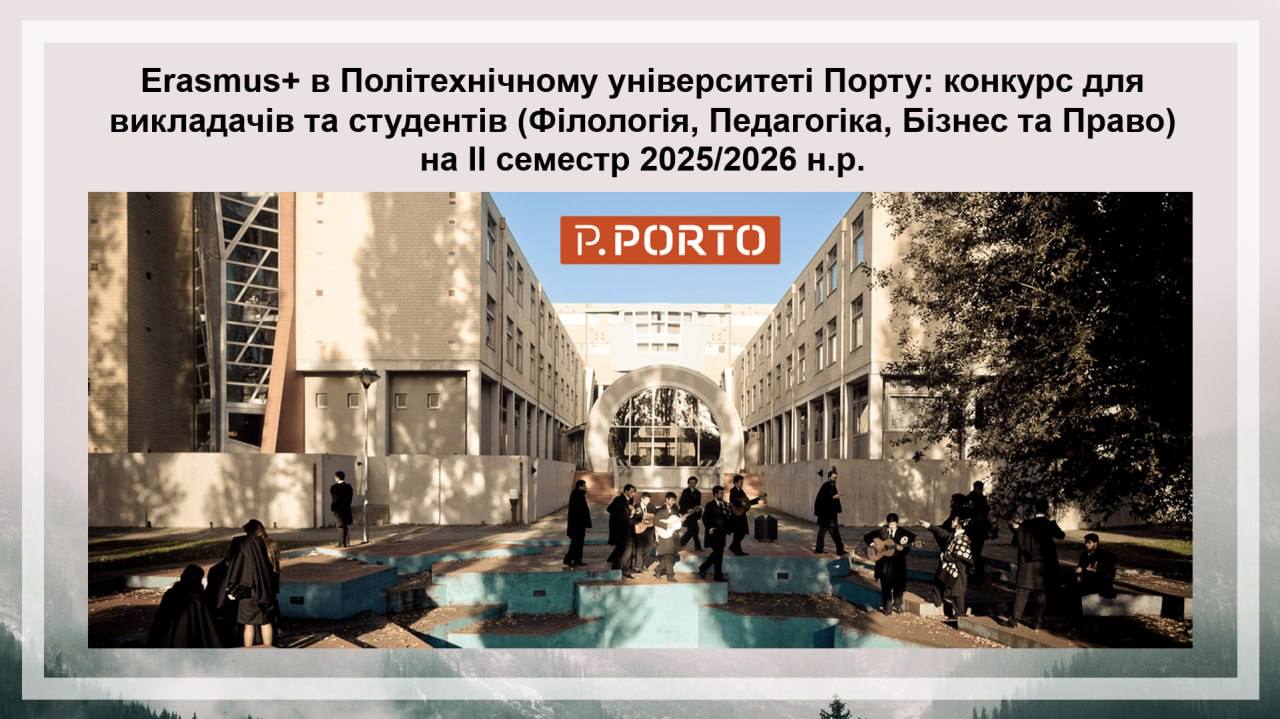On October 24-30, an international youth training under the Erasmus+ program "New generation – new technologies" was held in Ankara, dedicated to the problems of digitization in a pandemic.
Active participants of the large-scale international event were the National University ''Yuri Kondratyuk Poltava Polytechnic'' and a separate structural subdivision of the university – Poltava College of Oil and Gas, which became partners of ''TUFAK Tourism Folklore Research Center Youth Club'' in two projects under the Erasmus+ program: an international training on the Erasmus+ program "Waste recycling: international experience" and "New generation – new technologies" took place at the Polytechnic. Its goal was to raise awareness of scientists and students of leading European higher education institutions in modern processes of digital transformation and digitalization, to form in young people their own life position, to develop the necessary soft skills, and to be ready to participate in national and international educational events.
In this Erasmus+ project, Ukraine and Poltava Polytechnic were represented by Doctor of Philosophy, Head of the Department of Organizational and Analytical Support of the Educational Process Nataliia Maksiuta, Candidate of Philology, Associate Professor of the Department of Germanic Philology and Translation Anna Pavelieva, student of the Educational and Research Institute of Finance and Economics Management and Law Danylo Lobach, foreign language lecturer of Poltava College of Oil and Gas Sofiia Rudenko, mathematics lecturer of Poltava College of Oil and Gas Olena Marchenko, college students Eduard Shakhnazarian and Illia Kuropiatnyk.
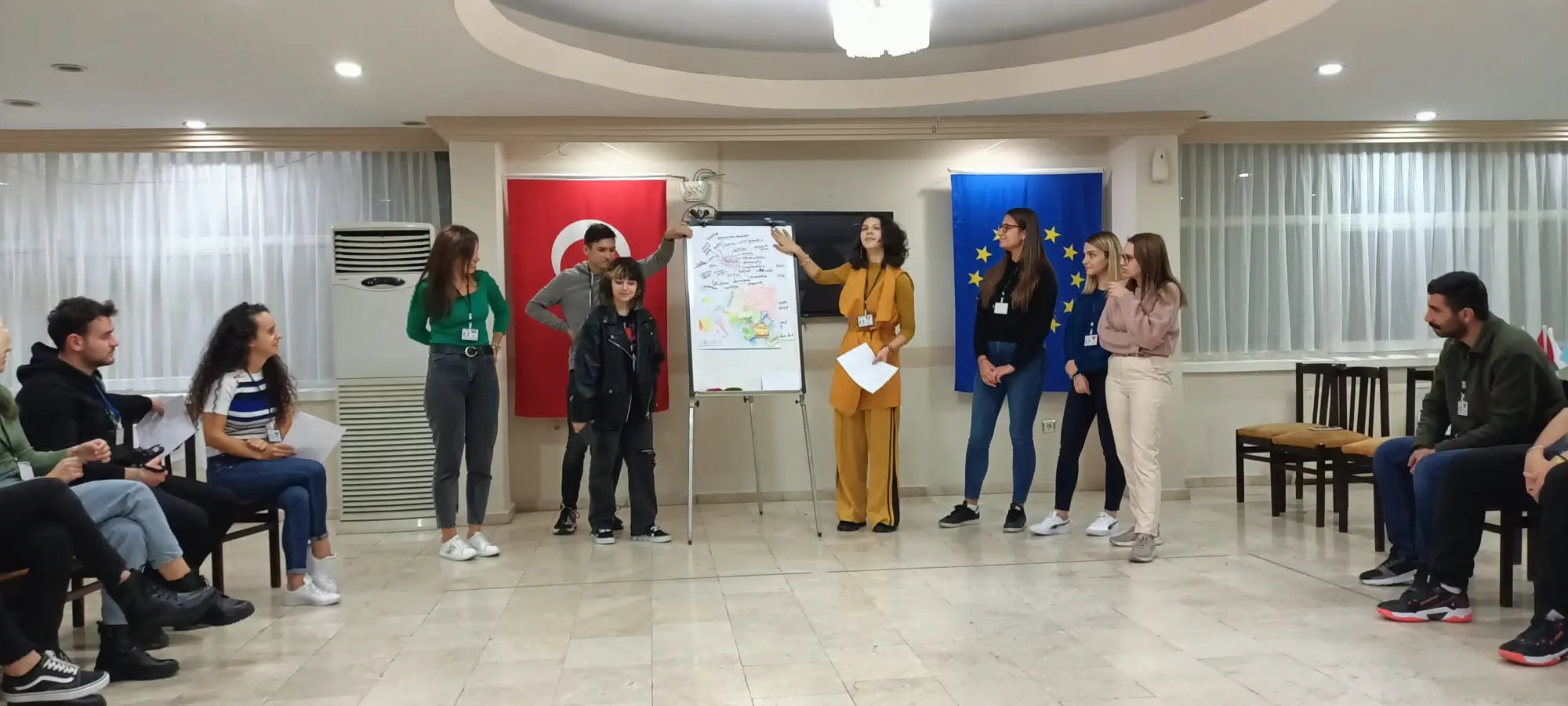
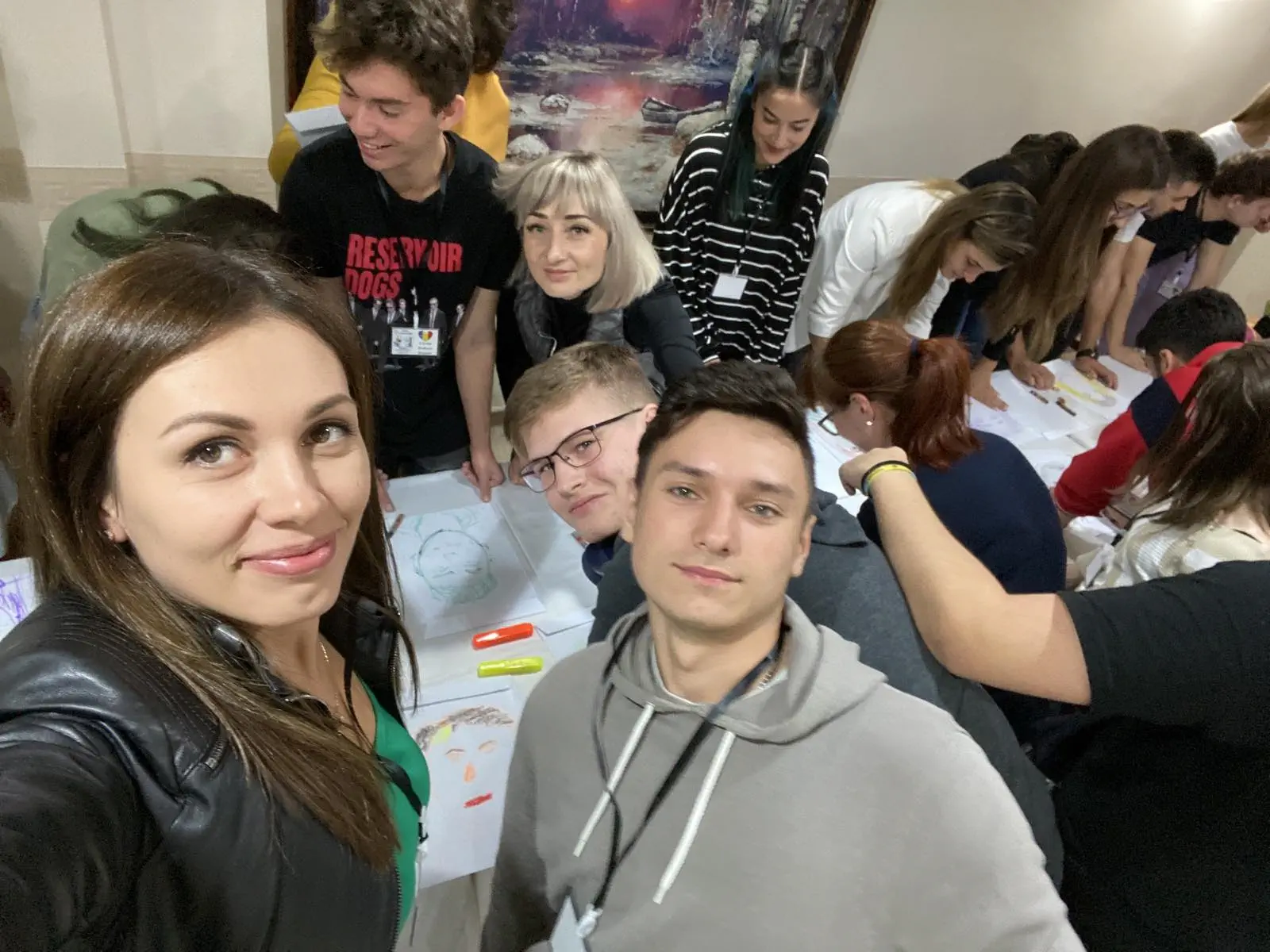
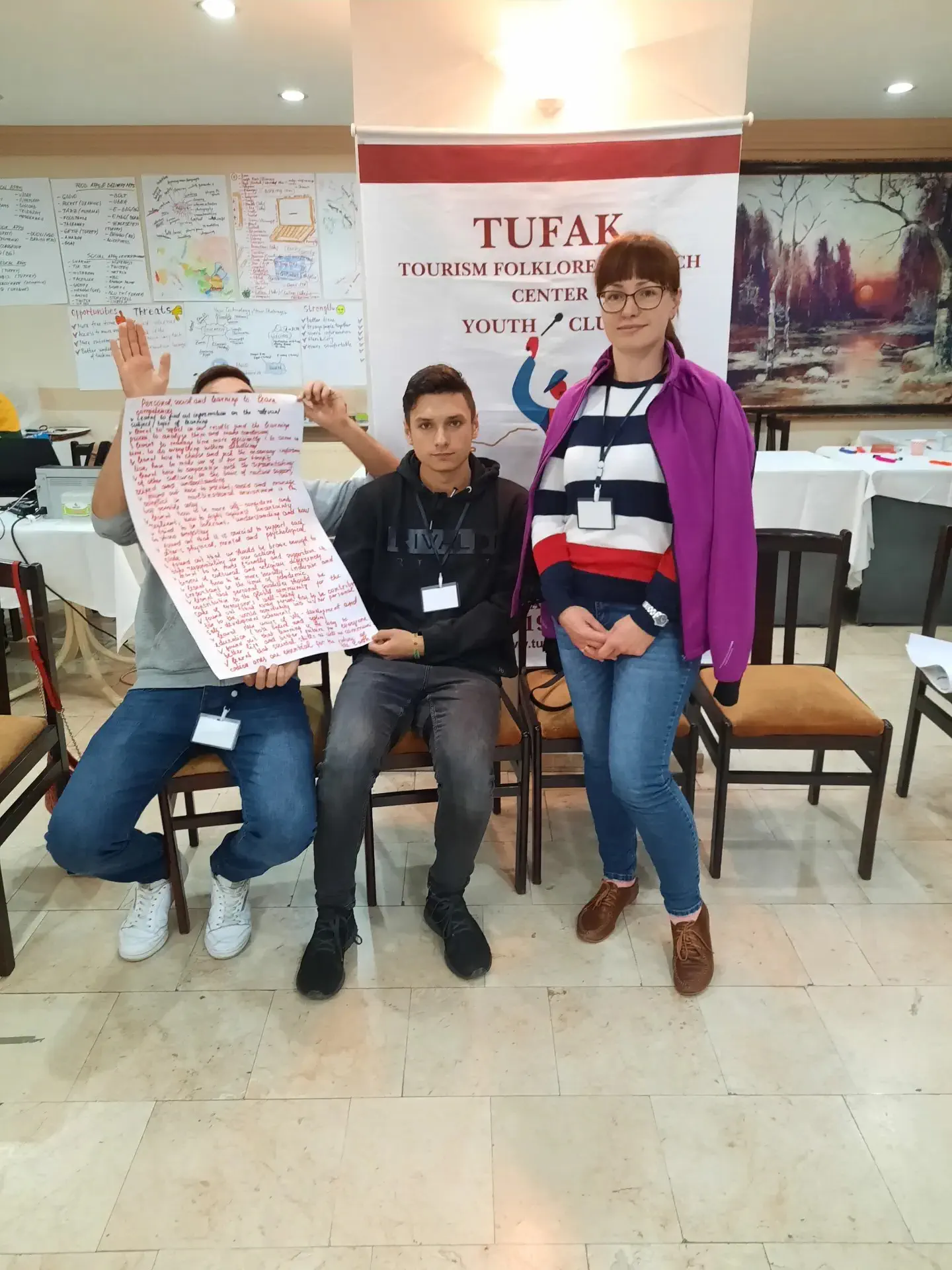
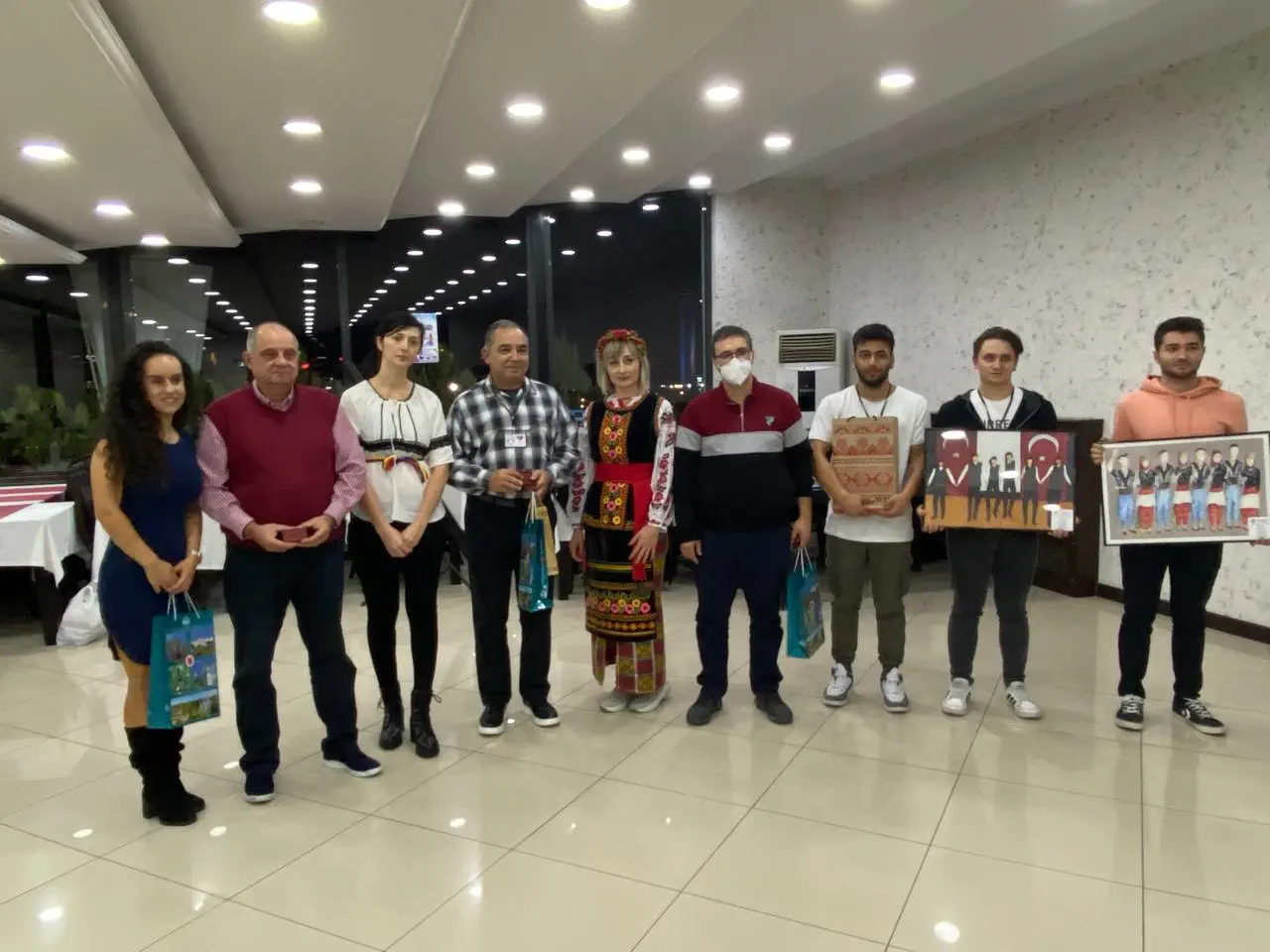
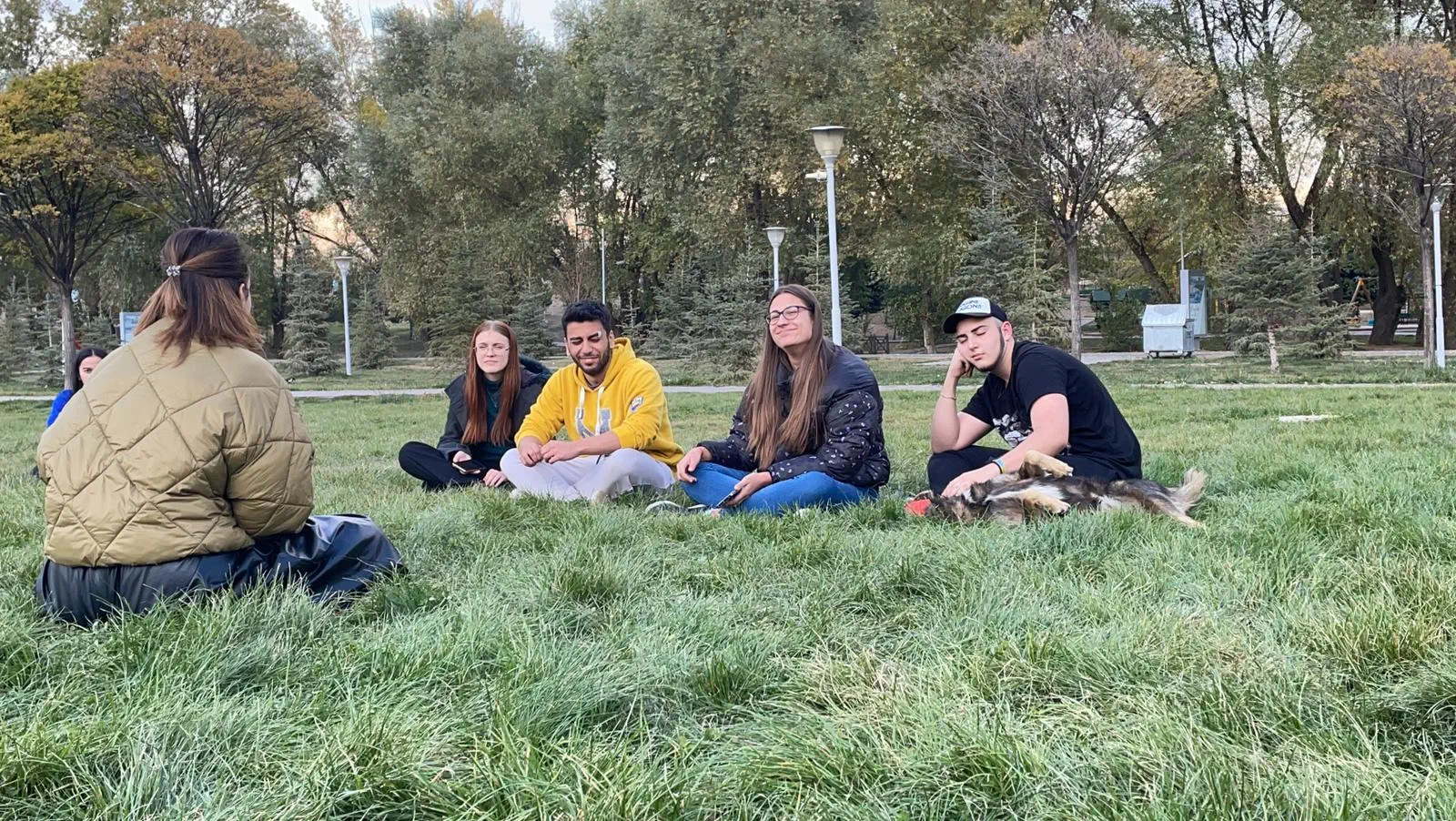
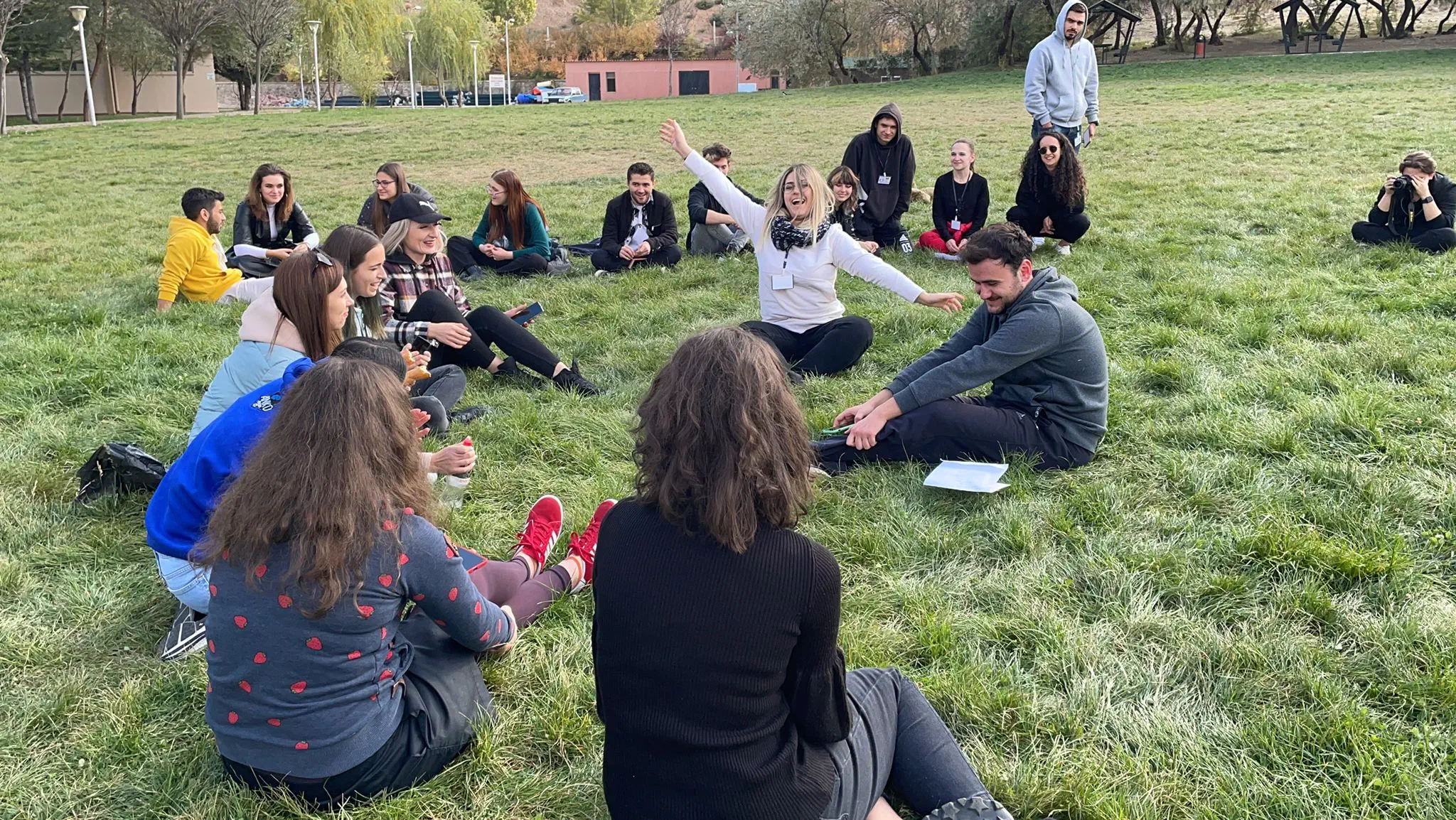
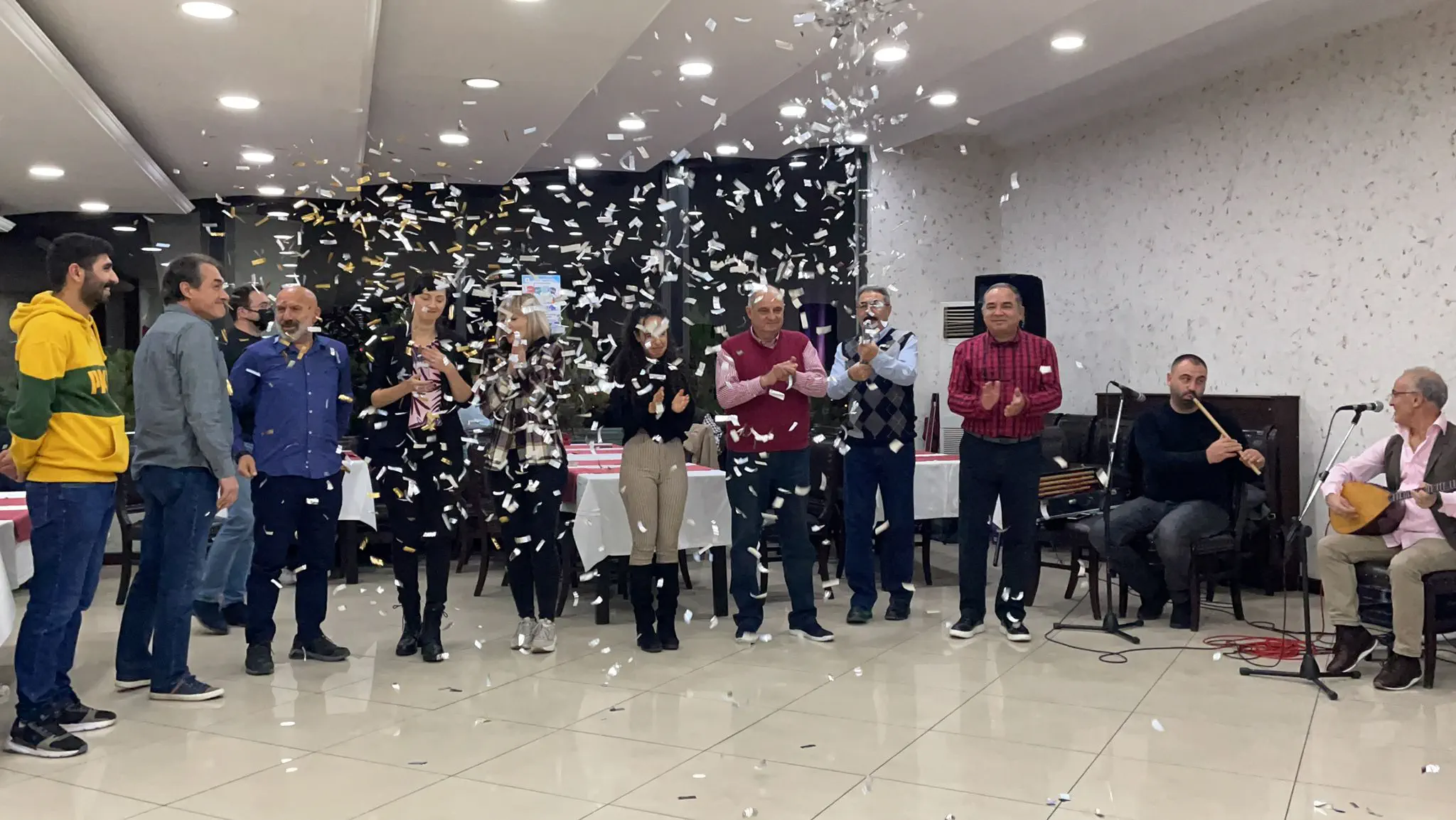
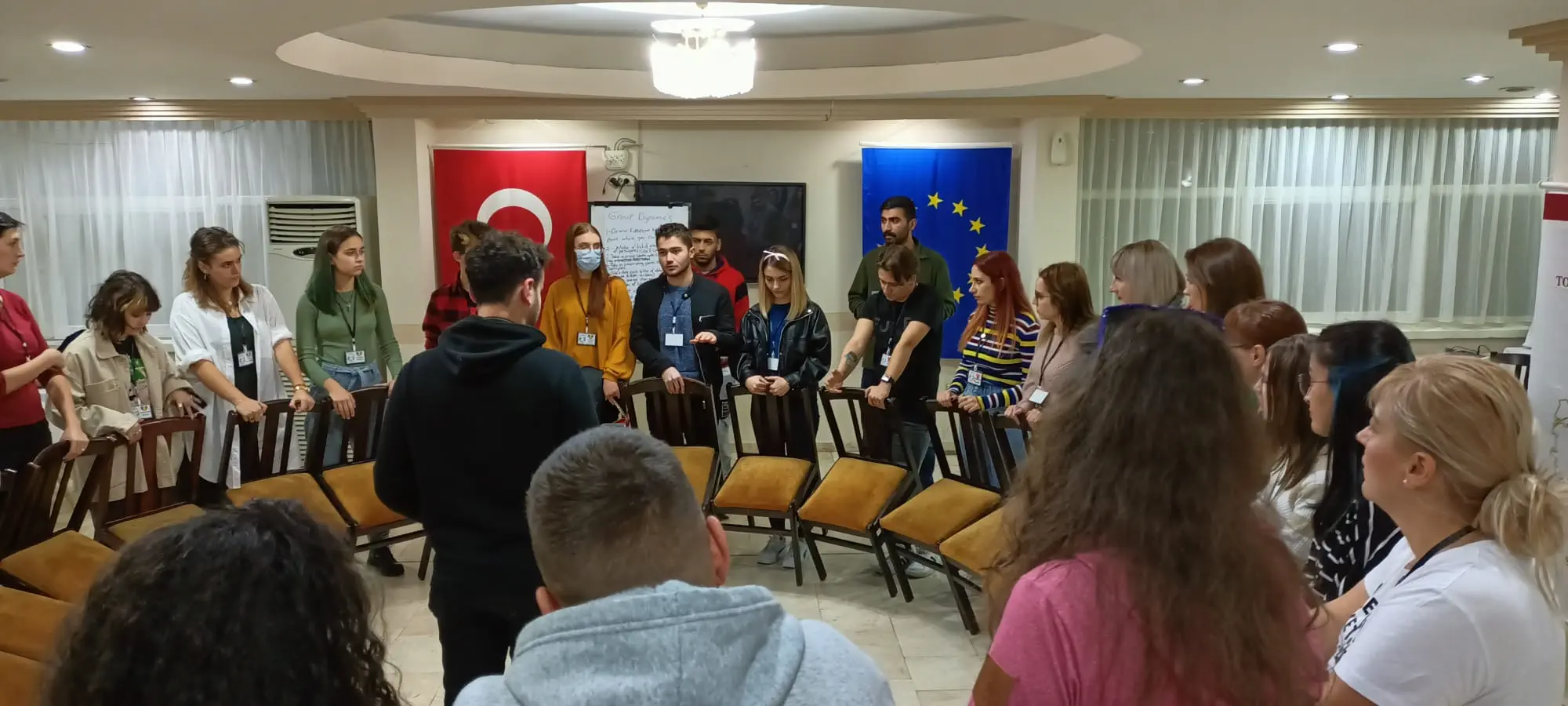
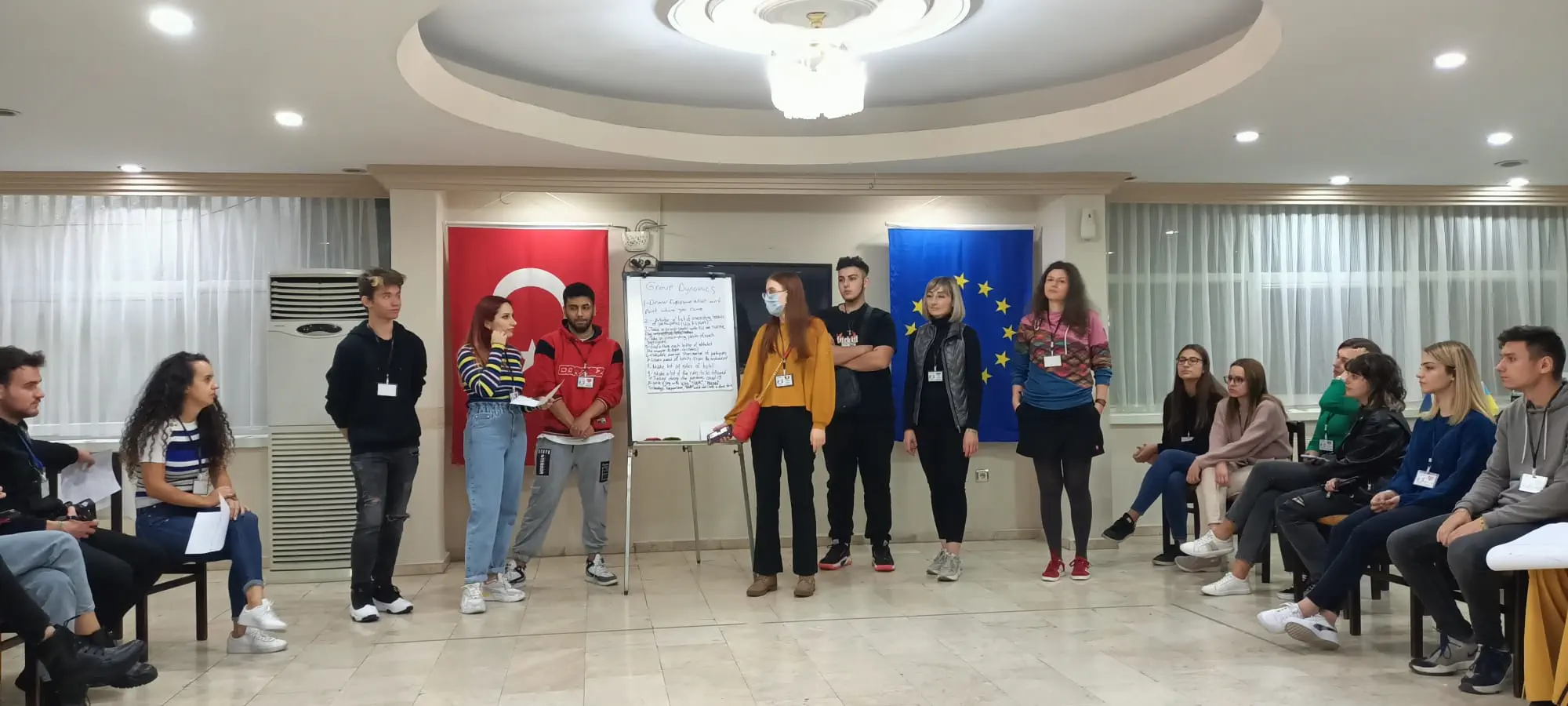
The participants of the training analyzed in detail whether there is a real "conflict" between man and modern digital technologies, considered the main ways and opportunities for solving the problems of preserving spiritual values, identity of human personality in a high-tech society. A certain challenge for the European public was the rapid transition to a distance format of educational, scientific, socio-cultural activities, professional communication, the dynamic introduction of the online format in all spheres of human life, without exception.
The global pandemic COVID-19 has only strengthened the belief that the challenges of meeting the financial, physical and emotional needs of humankind have become common to people around the globe and must unite them to solve existing problems.
Attending workshops and master classes from practitioners positively motivates young people from different countries, encouraging them to think about the global impact of information technology on the global socio-economic situation.
"The topic of this international project concerned the current problem of forming the digital competences in the era of digitalization and pandemic – modern computer technologies, mobile applications, the use of various distance learning systems and platforms, online communication and online education through МООСs. Through presentations, drama techniques and various forms of group work, the four countries discussed the experience of online learning/ communication/work in the era of COVID-19 and analyzed the benefits and shortcomings of distance communication forms, the possibilities of their use in the future and ways to prevent negative consequences of digitalization.
It was a great pleasure to join, together with my colleagues, the international project under the Erasmus+ program on the problems of digitization of the educational process in universities. After all, European higher and pre-higher education found themselves in a situation similar to other spheres of human activity, when it is necessary to dynamically and coherently respond to today's challenges and often master technologies which the youth is already familiar with. I appreciate the experience gained, and I plan to actively use practical skills, useful cases in my own scientific and educational activities as well as generously share with colleagues and students," – said Candidate of Philology, Associate Professor of the Department of Germanic Philology and Translation of National University ''Yuri Kondratyuk Poltava Polytechnic'' Anna Pavelieva.


According to Sofiia Rudenko, a permanent participant in Erasmus+ international projects and a foreign language lecturer at the Poltava College of Oil and Gas, the successful interaction between the university and the college in the scientific and educational sphere as well as in the international arena gives significant results and indicates the correctness of the course chosen by the management of educational institutions.
"The pandemic continues to make adjustments to our professional activities, as lecturers we have no right not to react to changes. Therefore, we see the best way out in borrowing advanced scientific and educational, digital practices, exchanging experiences with the best universities in Europe and experts whose researches will help improve the quality of education and withstand the conditions of digitalization.
The greatest difficulty turned out to be the search for forms of human interaction with modern technologies, the formation of the necessary skills and competencies, taking into account the ethical and spiritual values of mankind. The example of our university and college can be safely presented as a modern case of educational activities in a pandemic. The synergy that prevails in the field of science, education and business allows us to open new innovative locations, laboratories and keep up with the times," – said Sofiia Rudenko.
During the discussions, the participants presented the experience of solving the identified technological problems at the national level. According to them, the best solution to the existing problems will be the implementation of a synergetic approach, combination of traditional and innovative development, as well as to learn how to apply the experience gained during the crisis, and determine a plan for further actions.
The rich cultural training program gave a unique chance to each of the participants to get acquainted with the culture and traditions of the participating countries, explore the outstanding historical monuments and walk around the sights and cozy streets of the Turkish capital. For four consecutive days, the participating teams organized so-called cultural evenings, where they presented the cultural heritage of their countries – national dishes and drinks, presentations and videos about their cities, countries and universities they represented. The final highlight was the national dance of each of the represented countries.
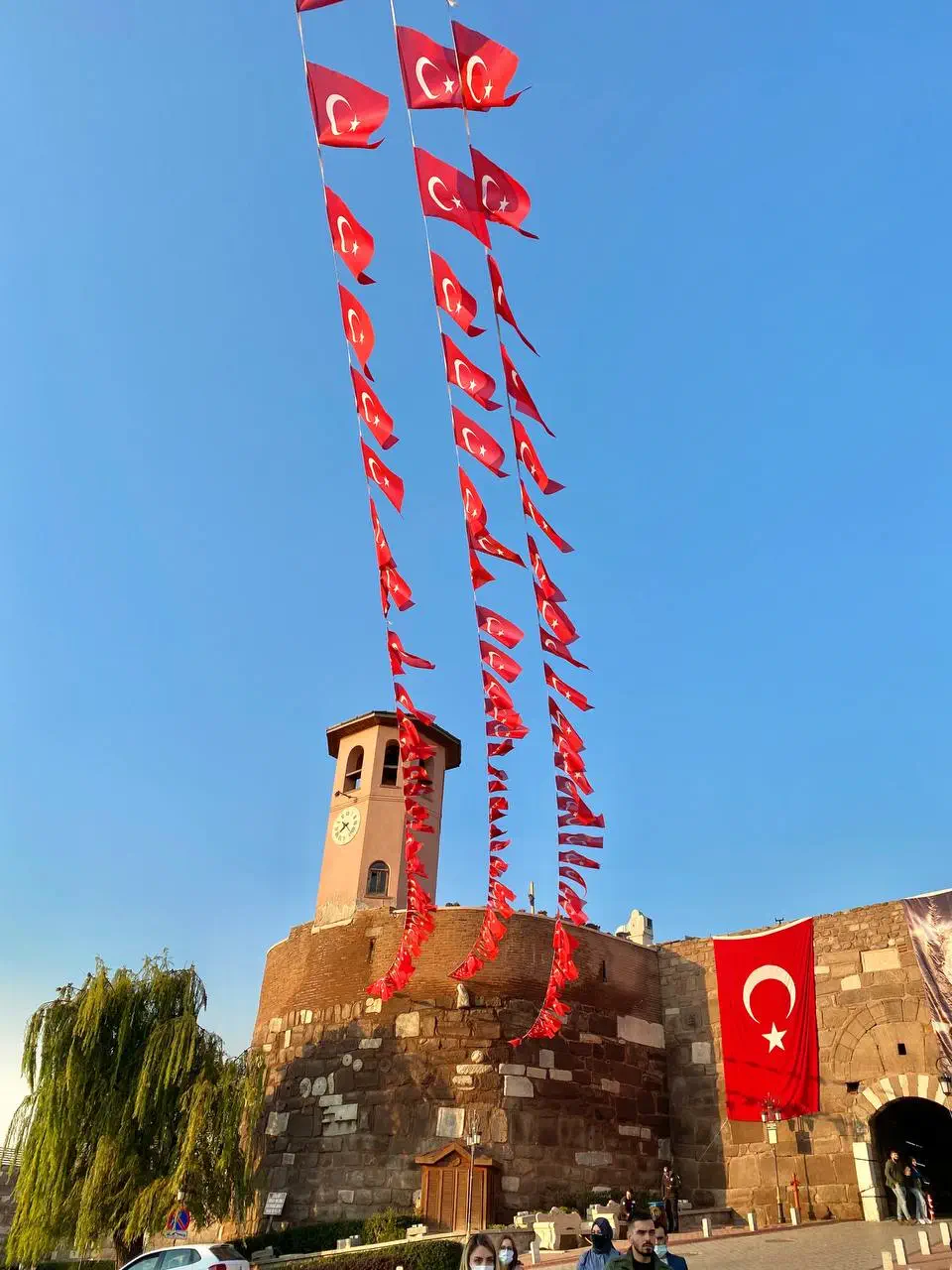
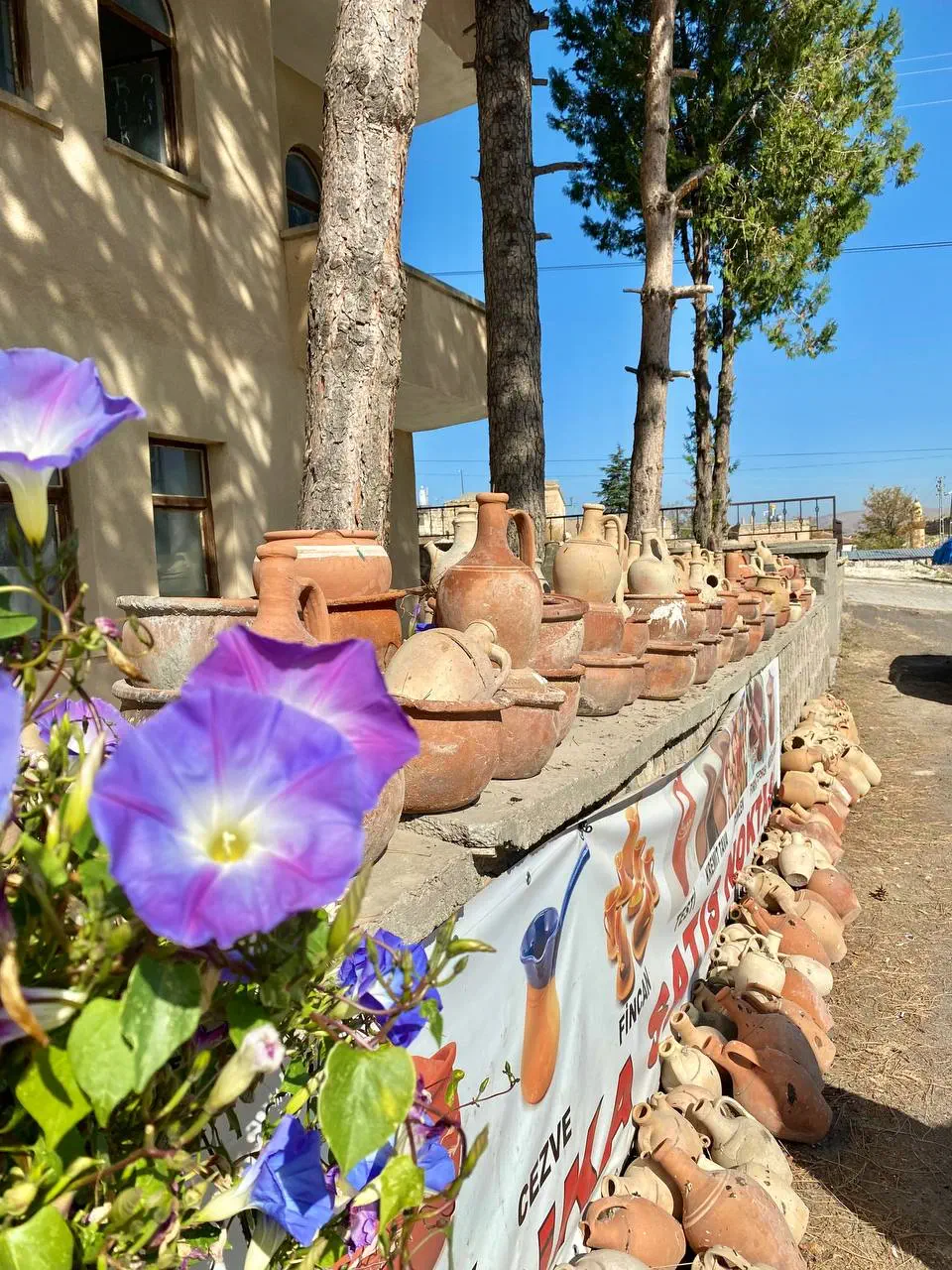
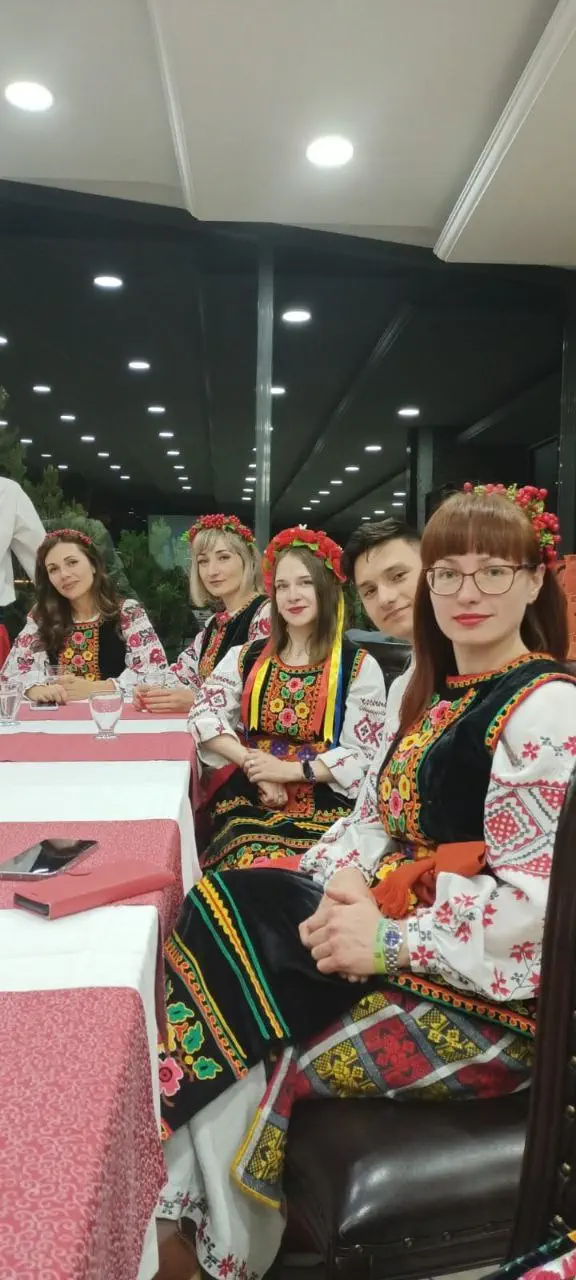
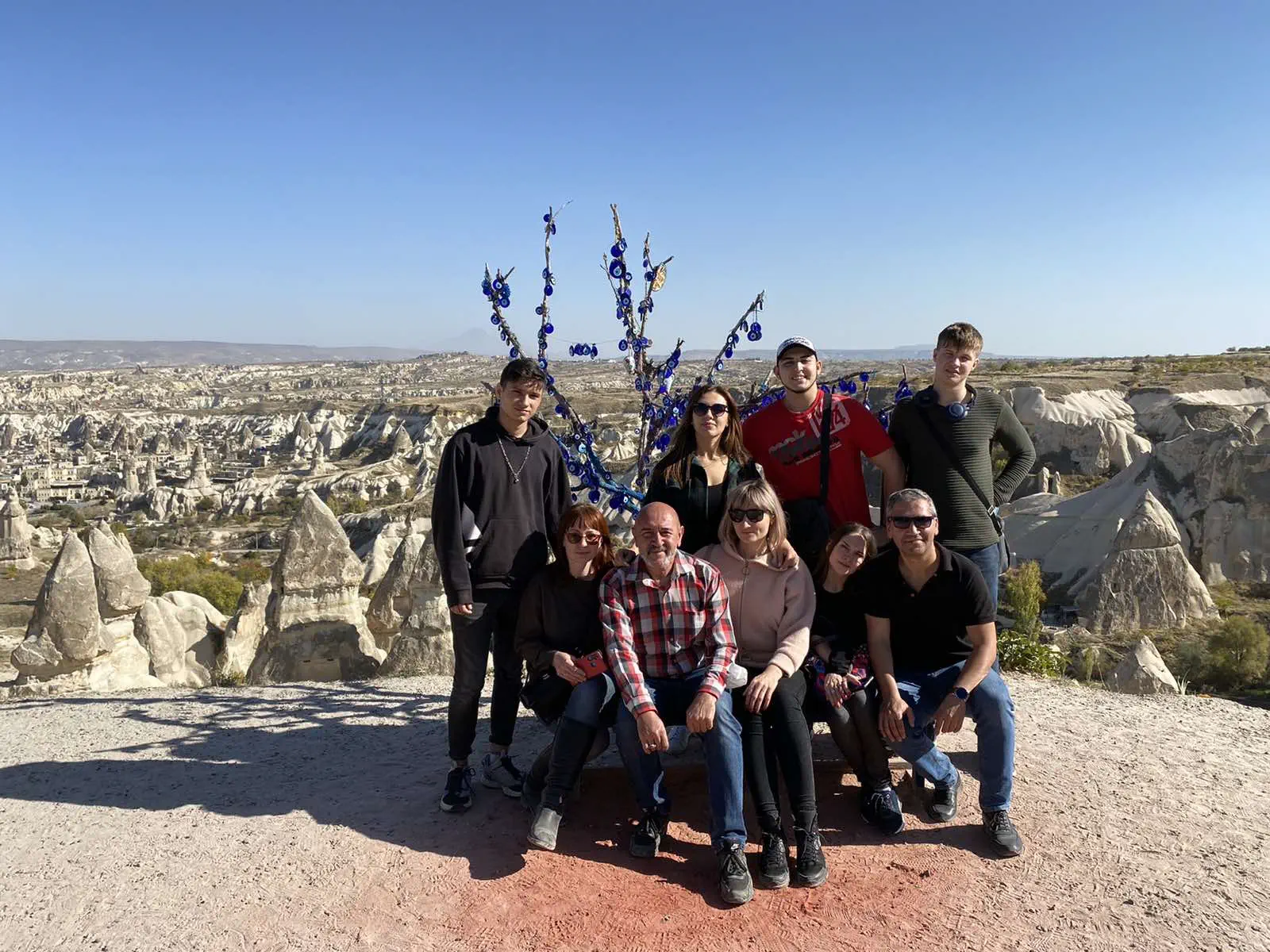
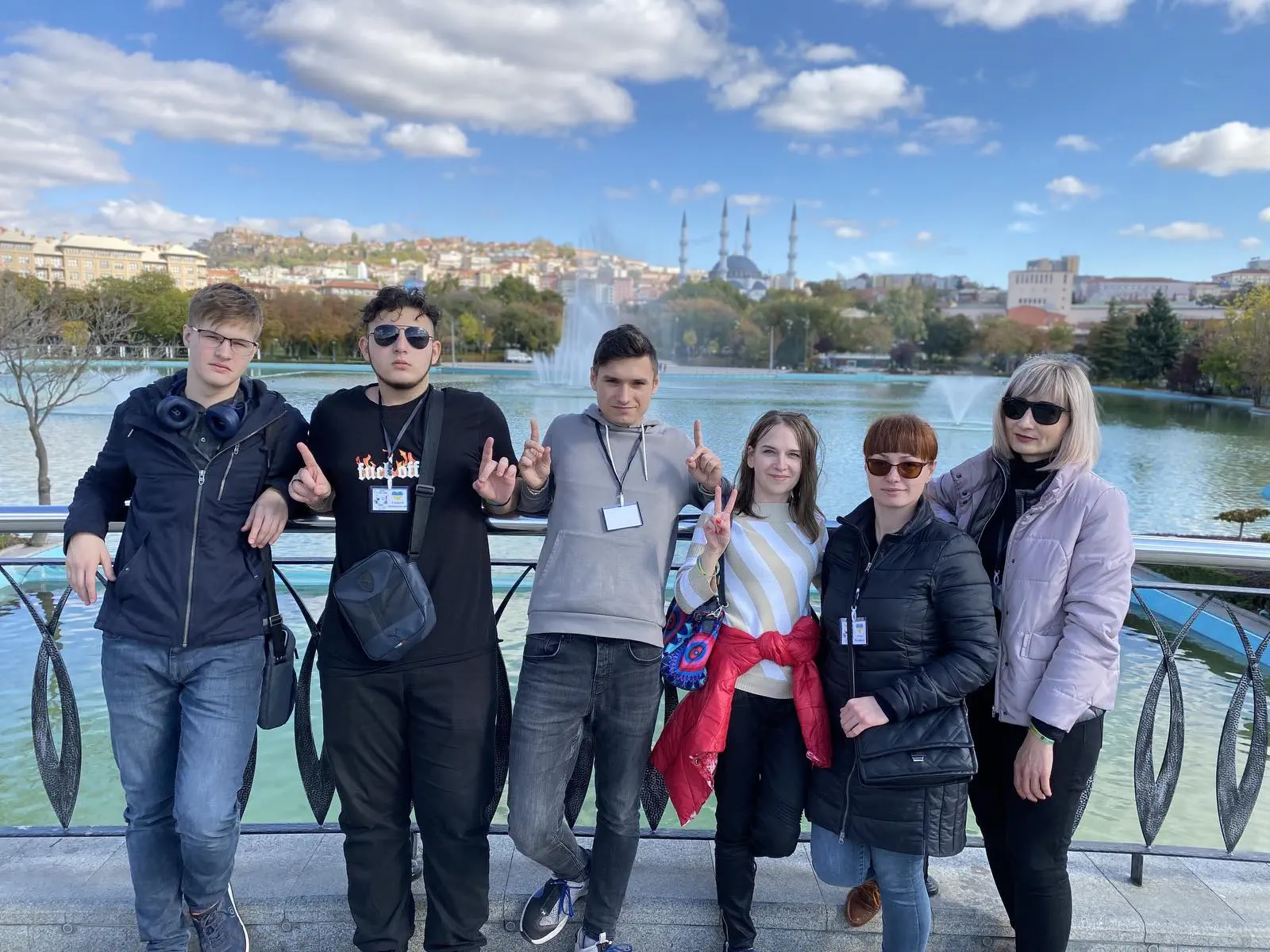
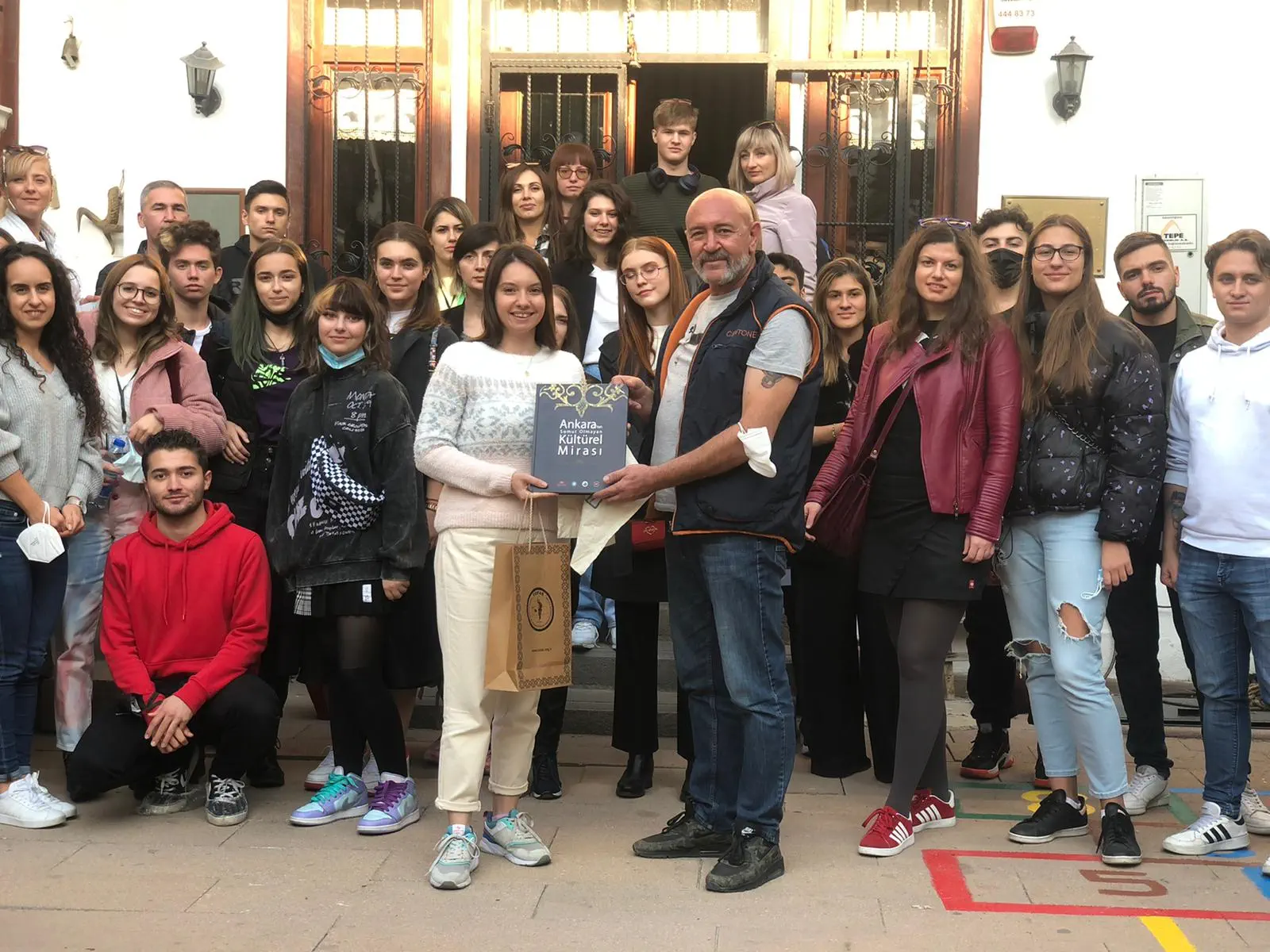
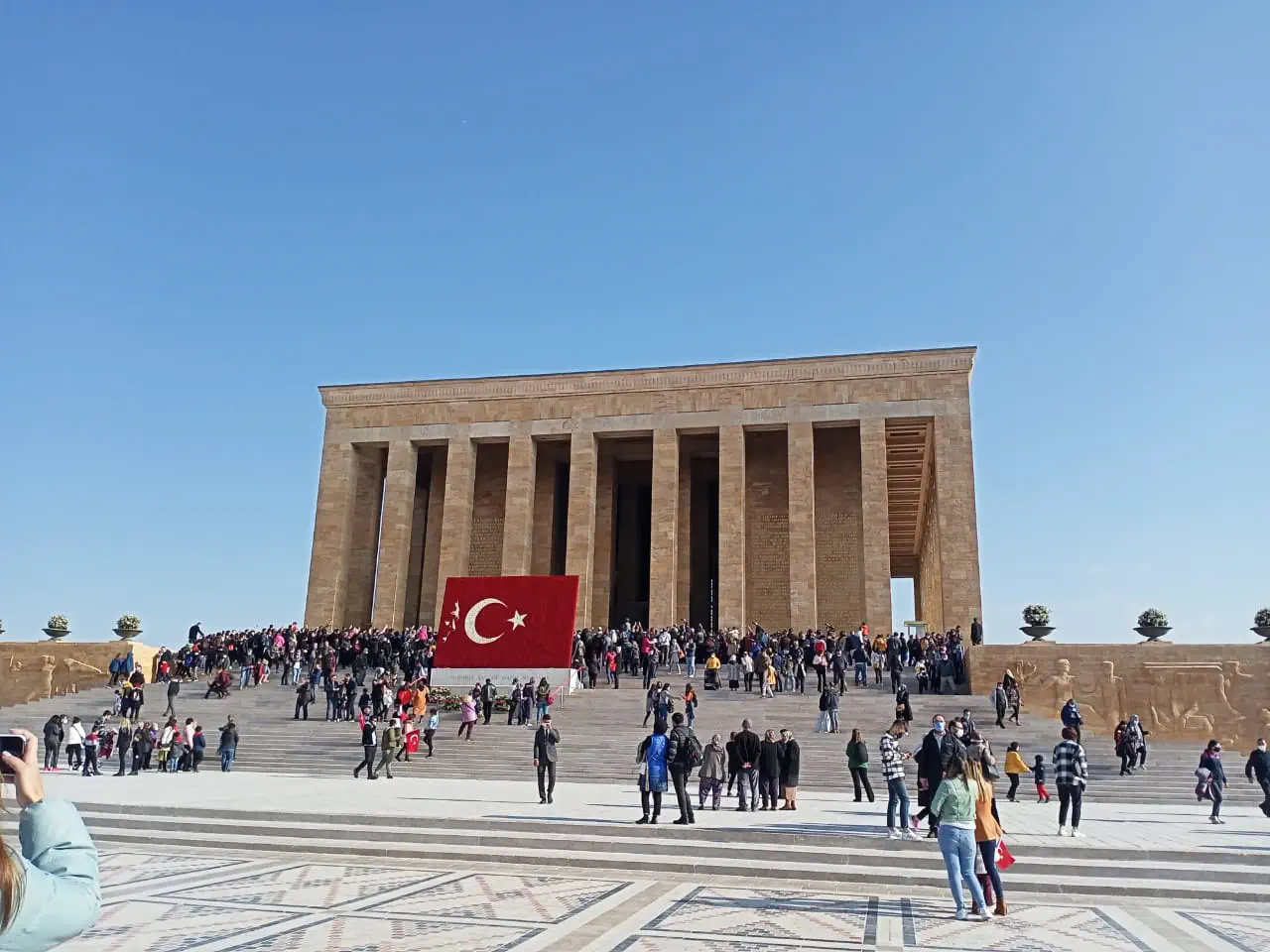
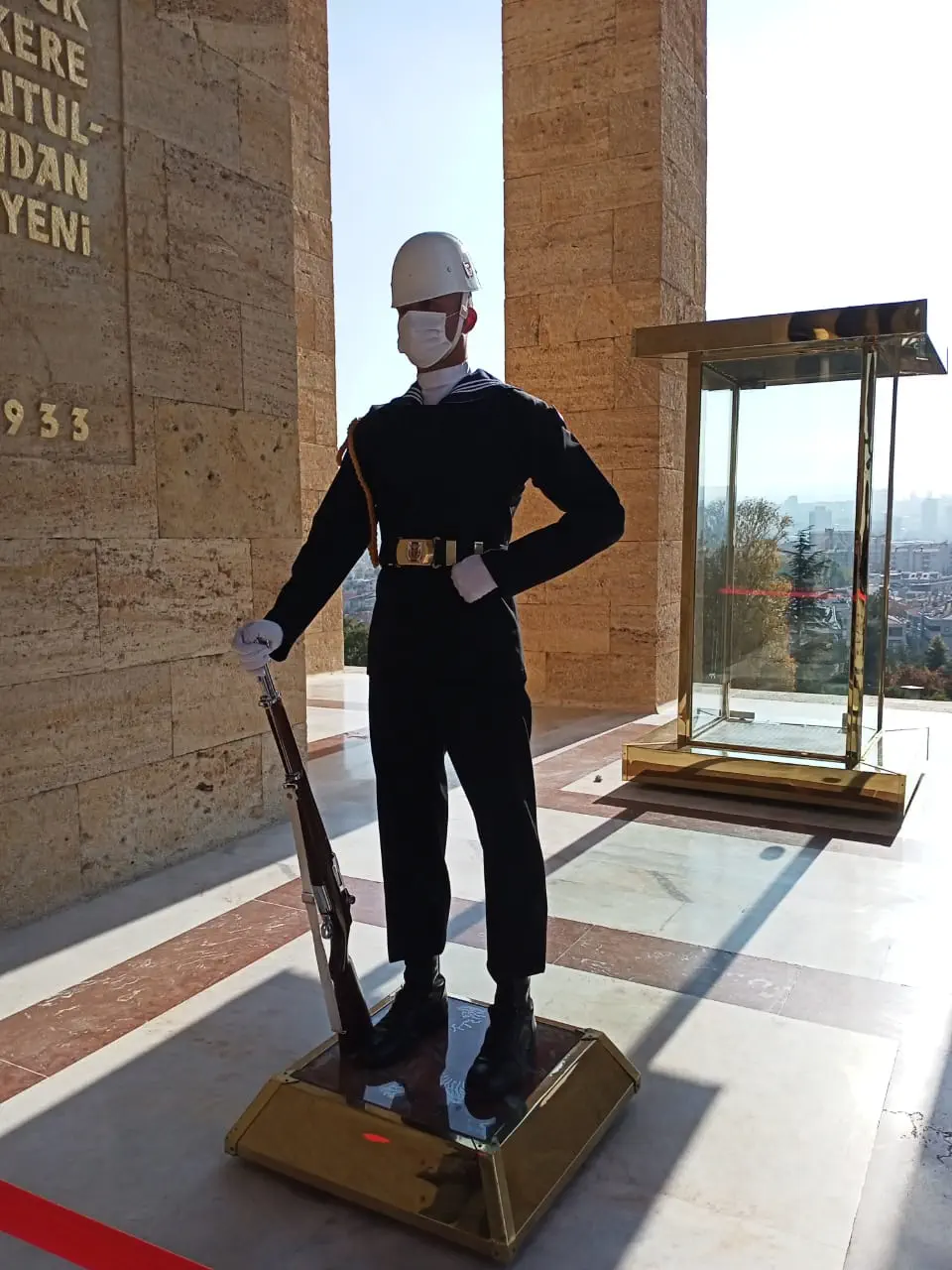
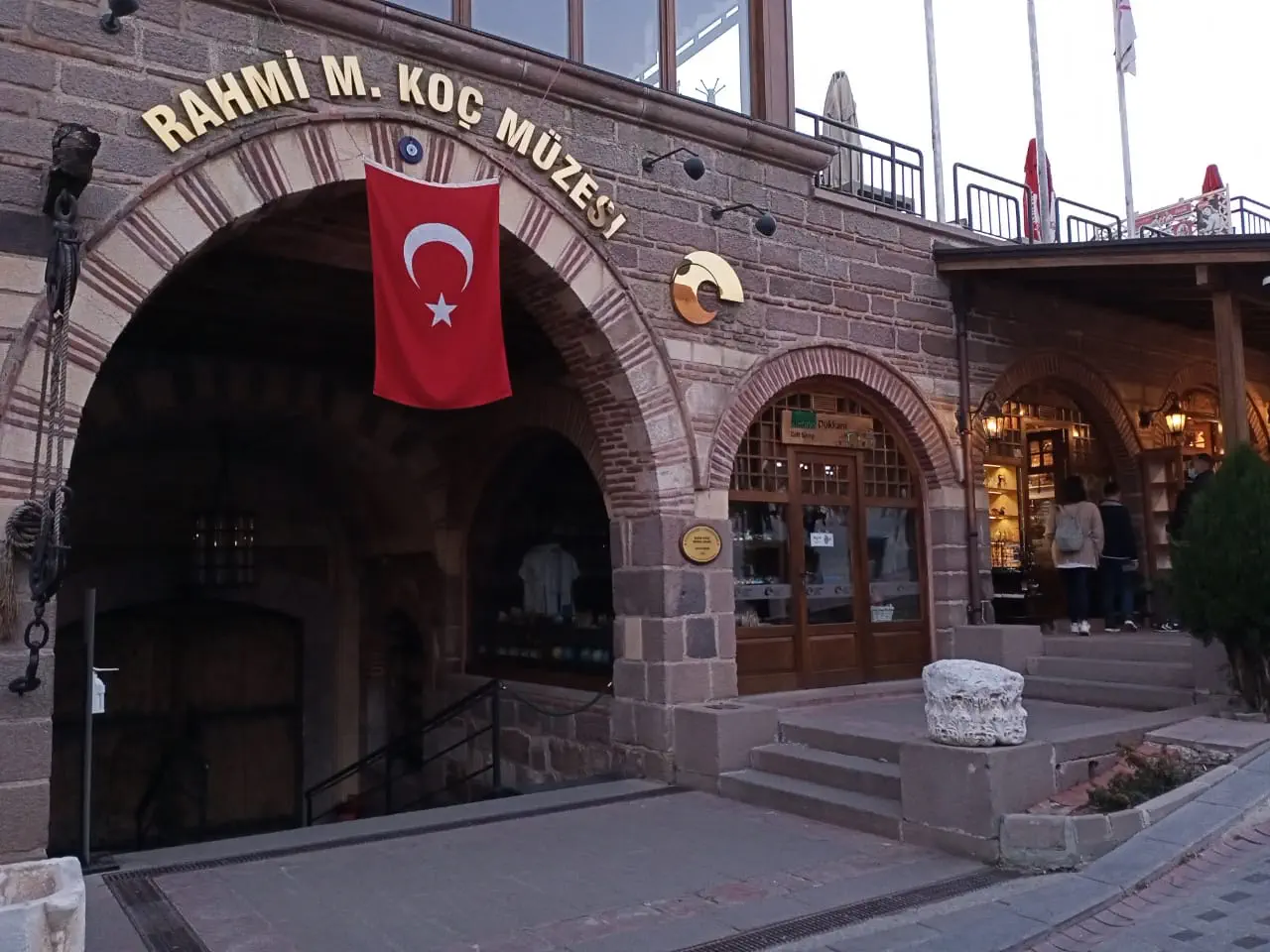
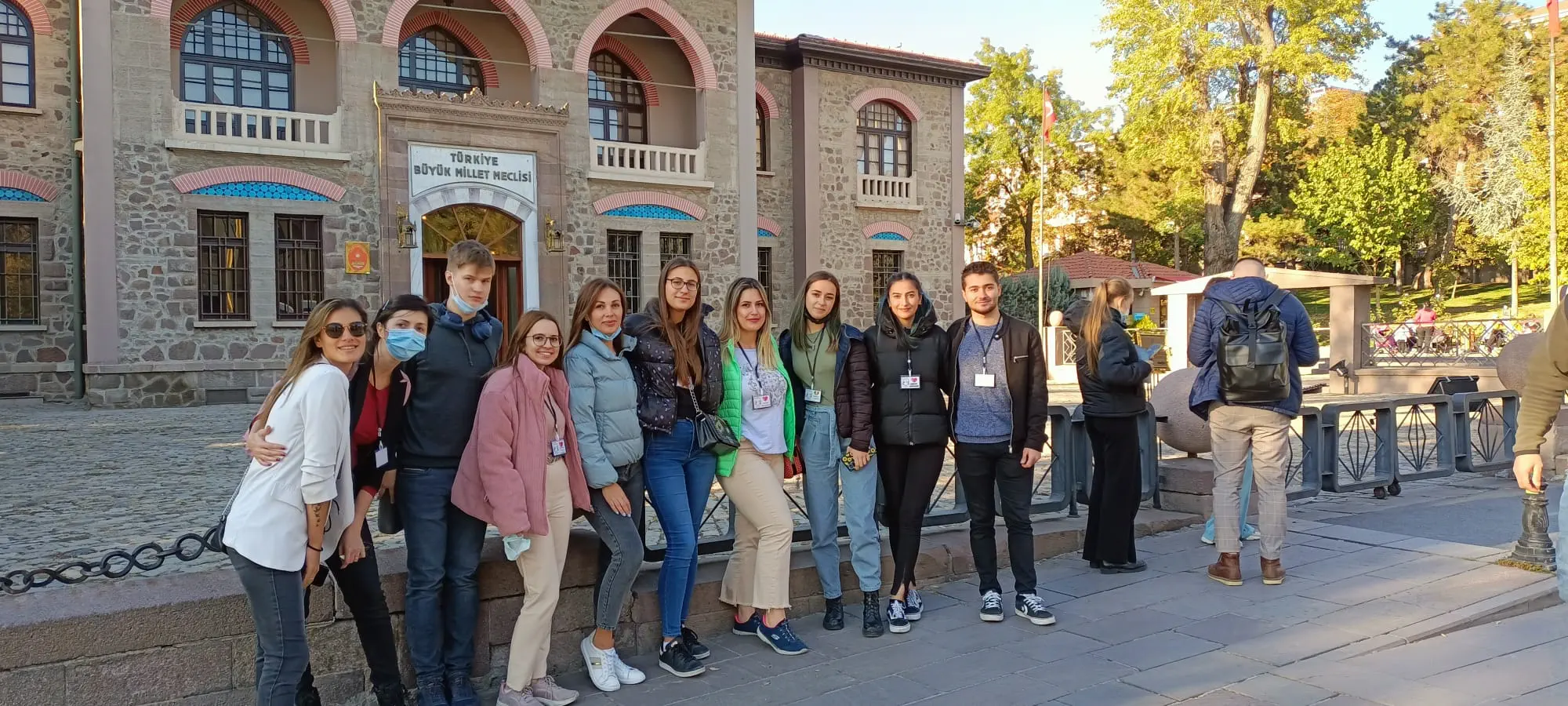
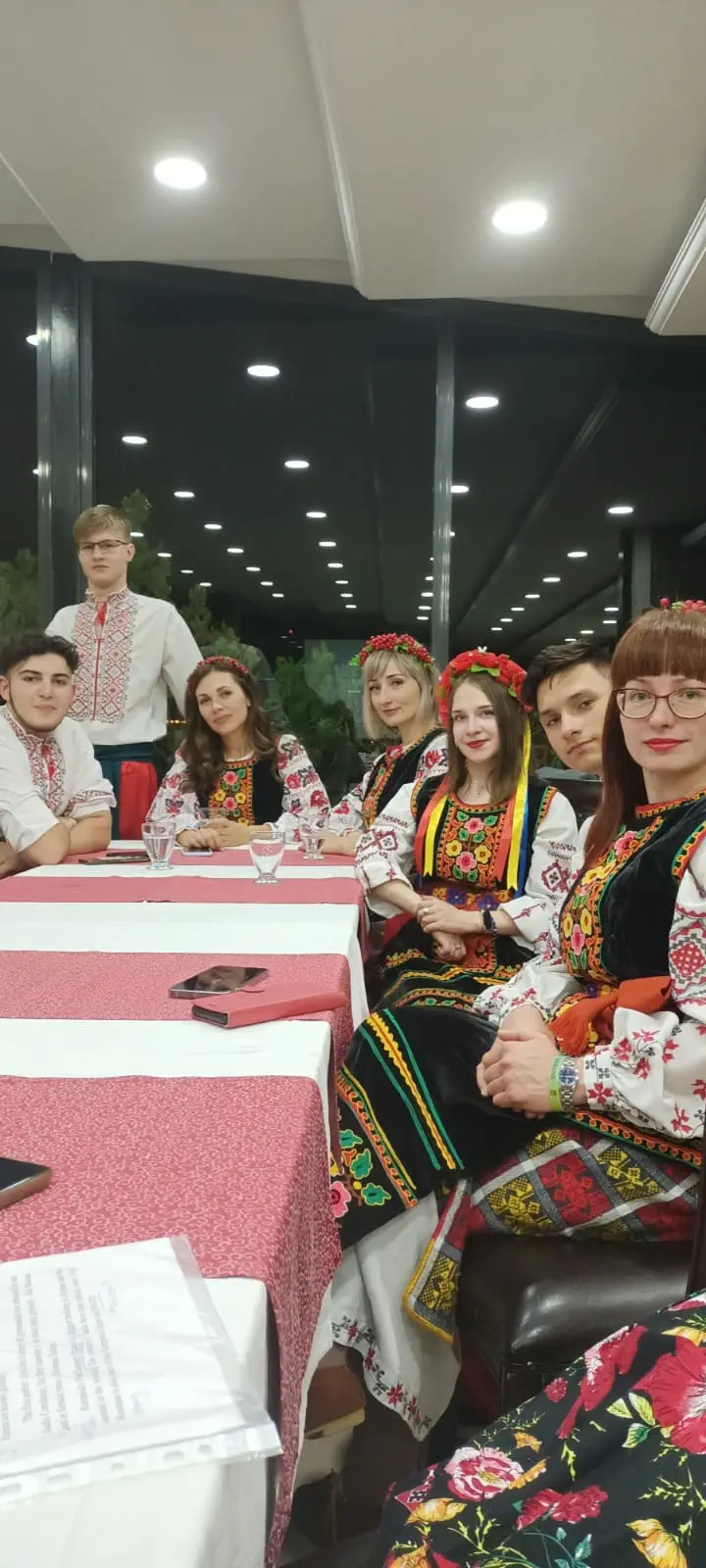
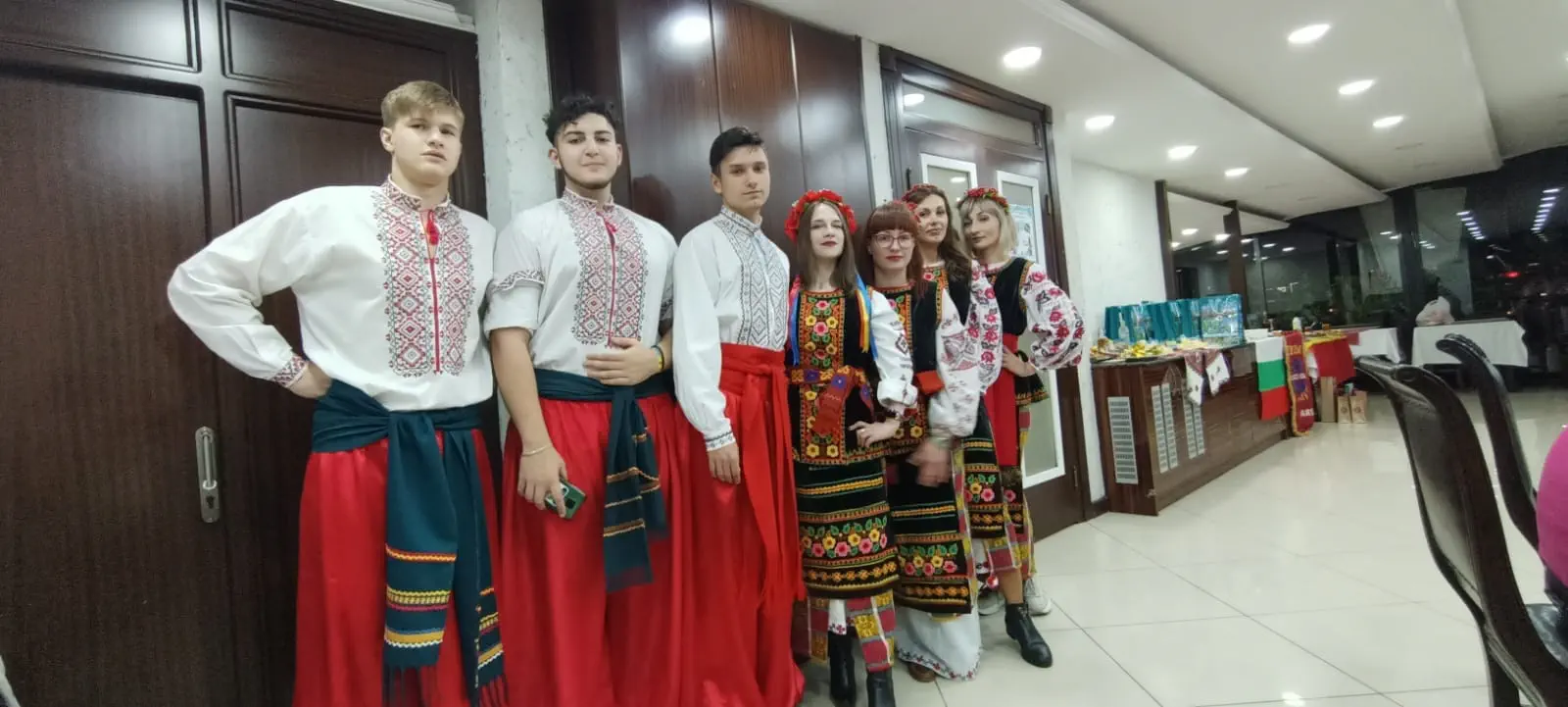
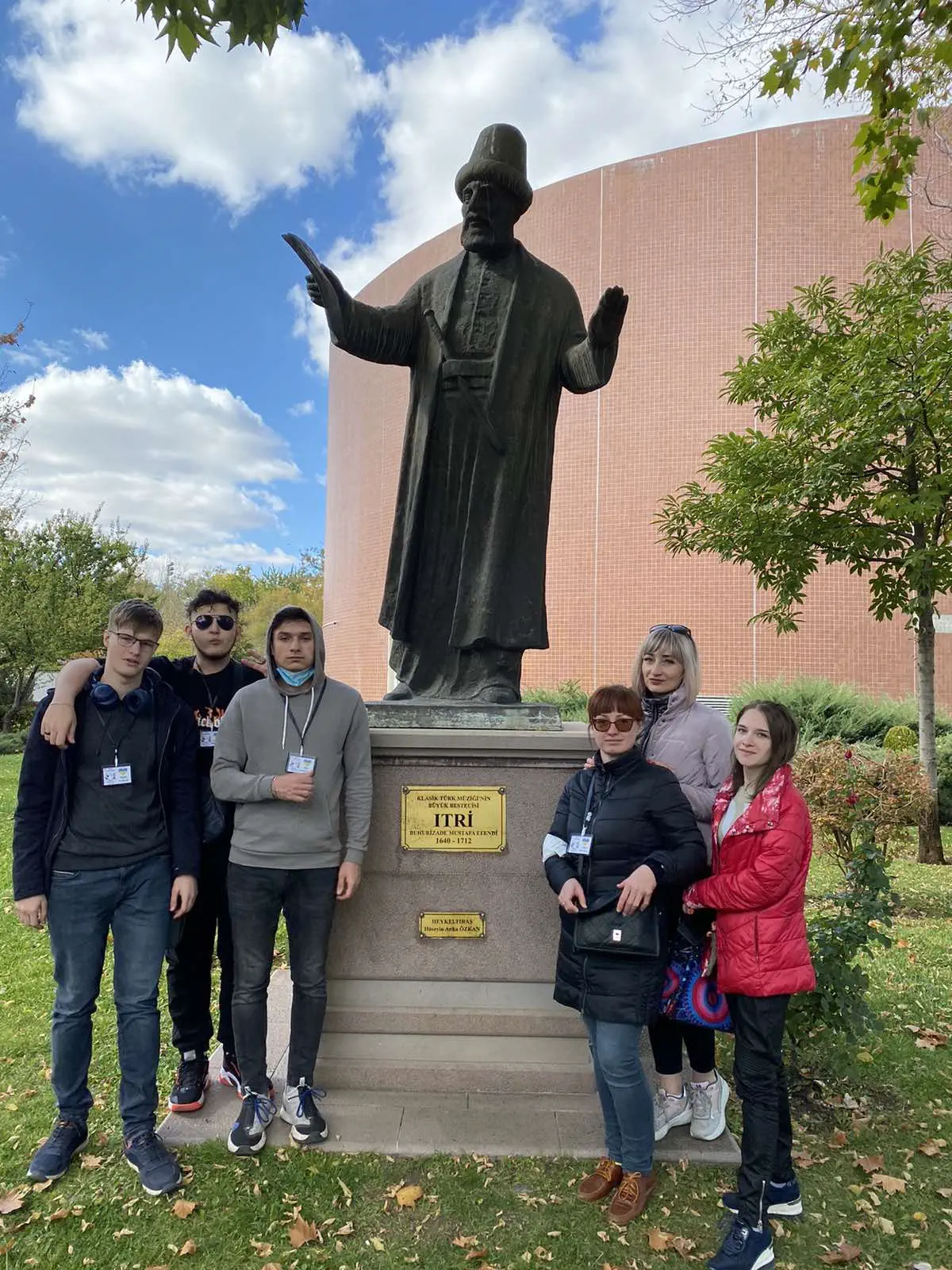
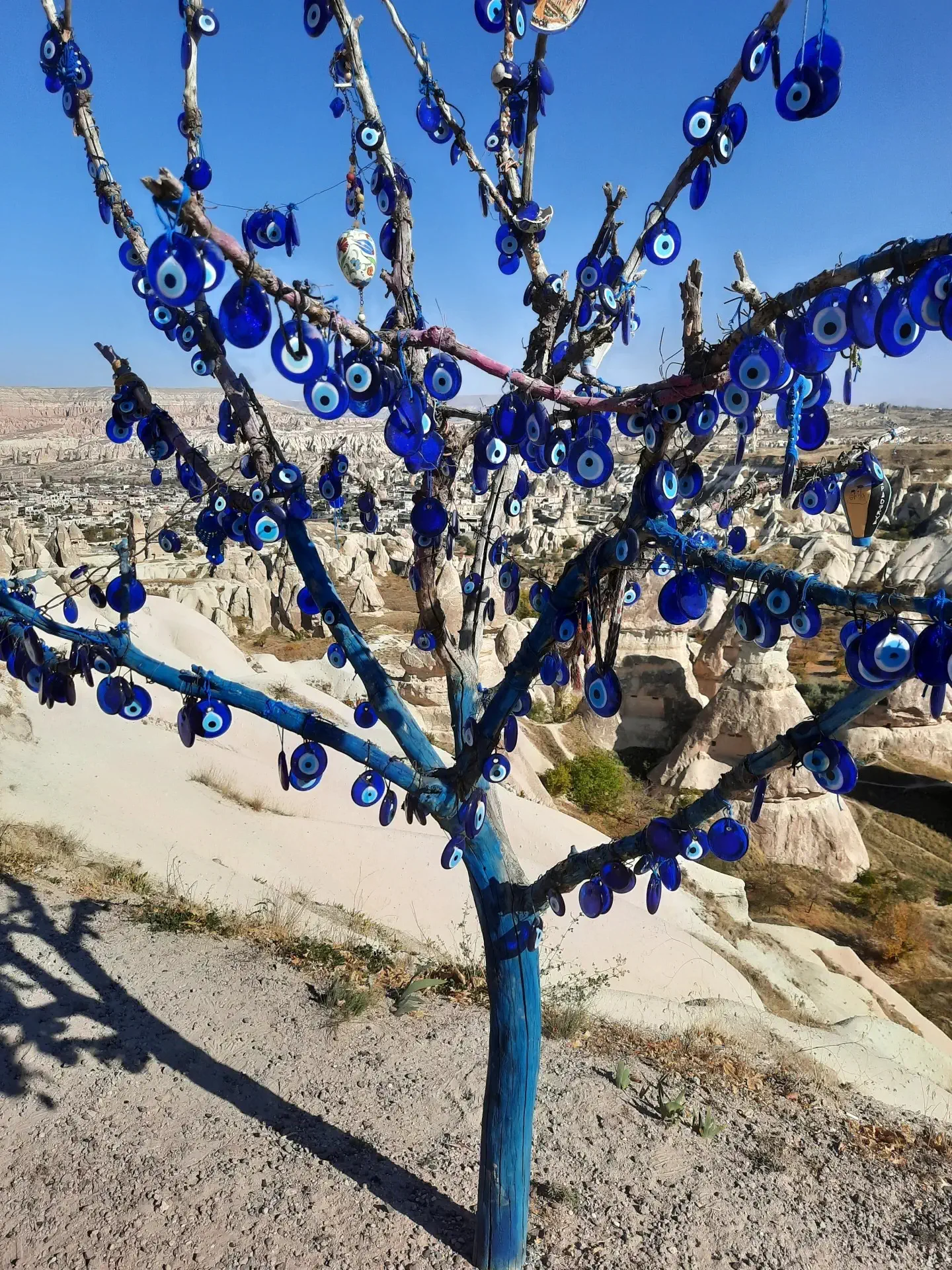
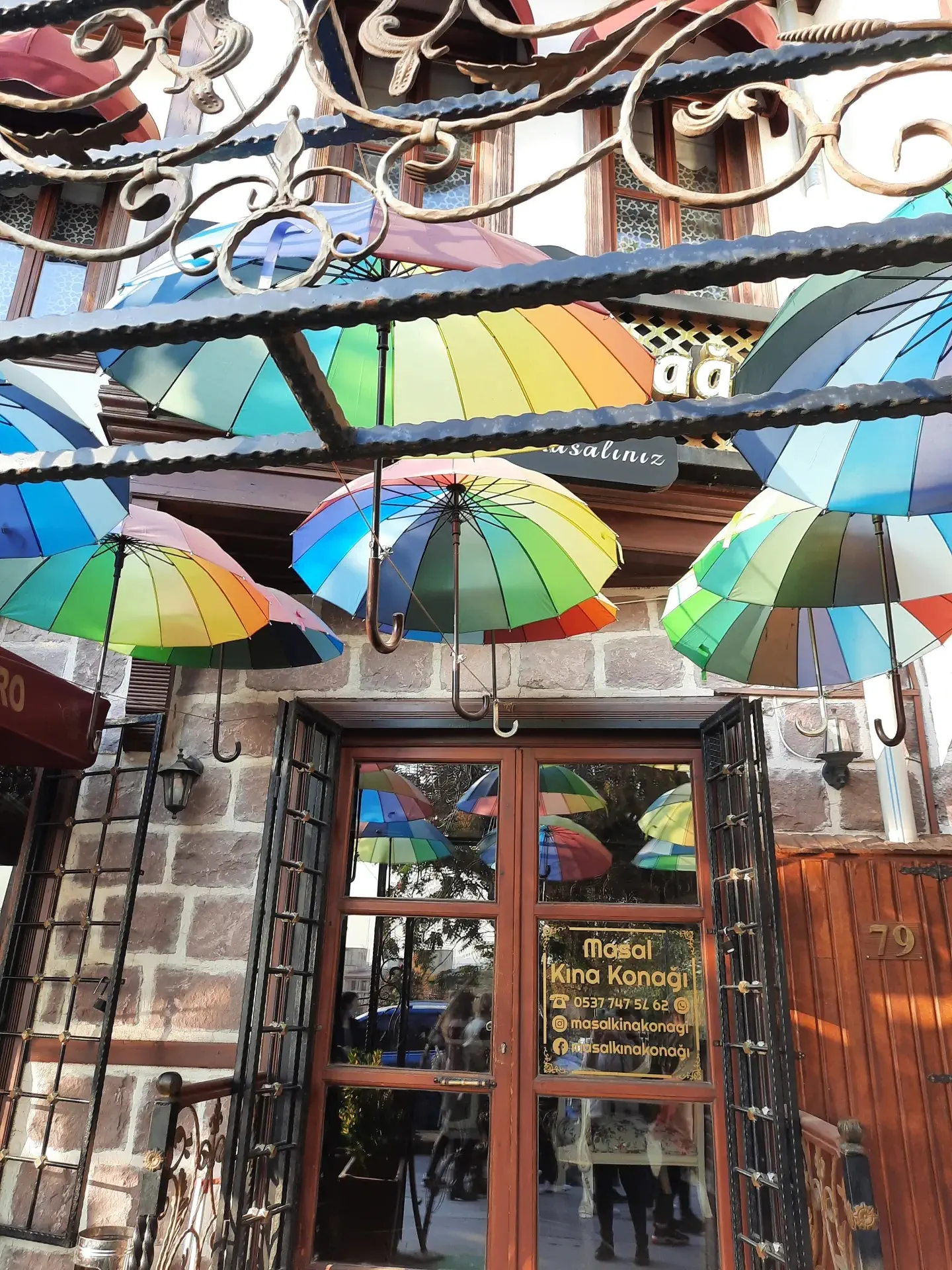
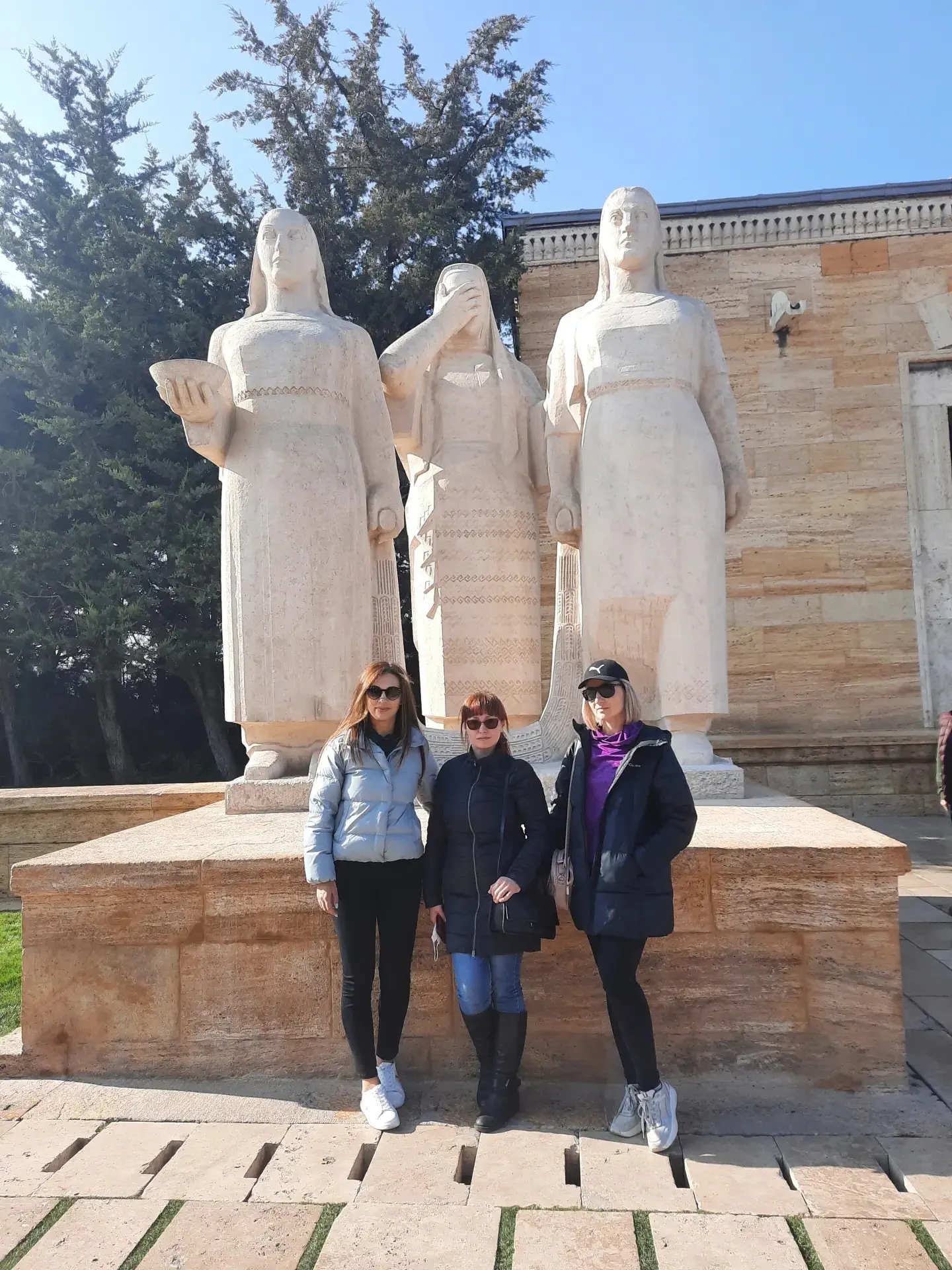
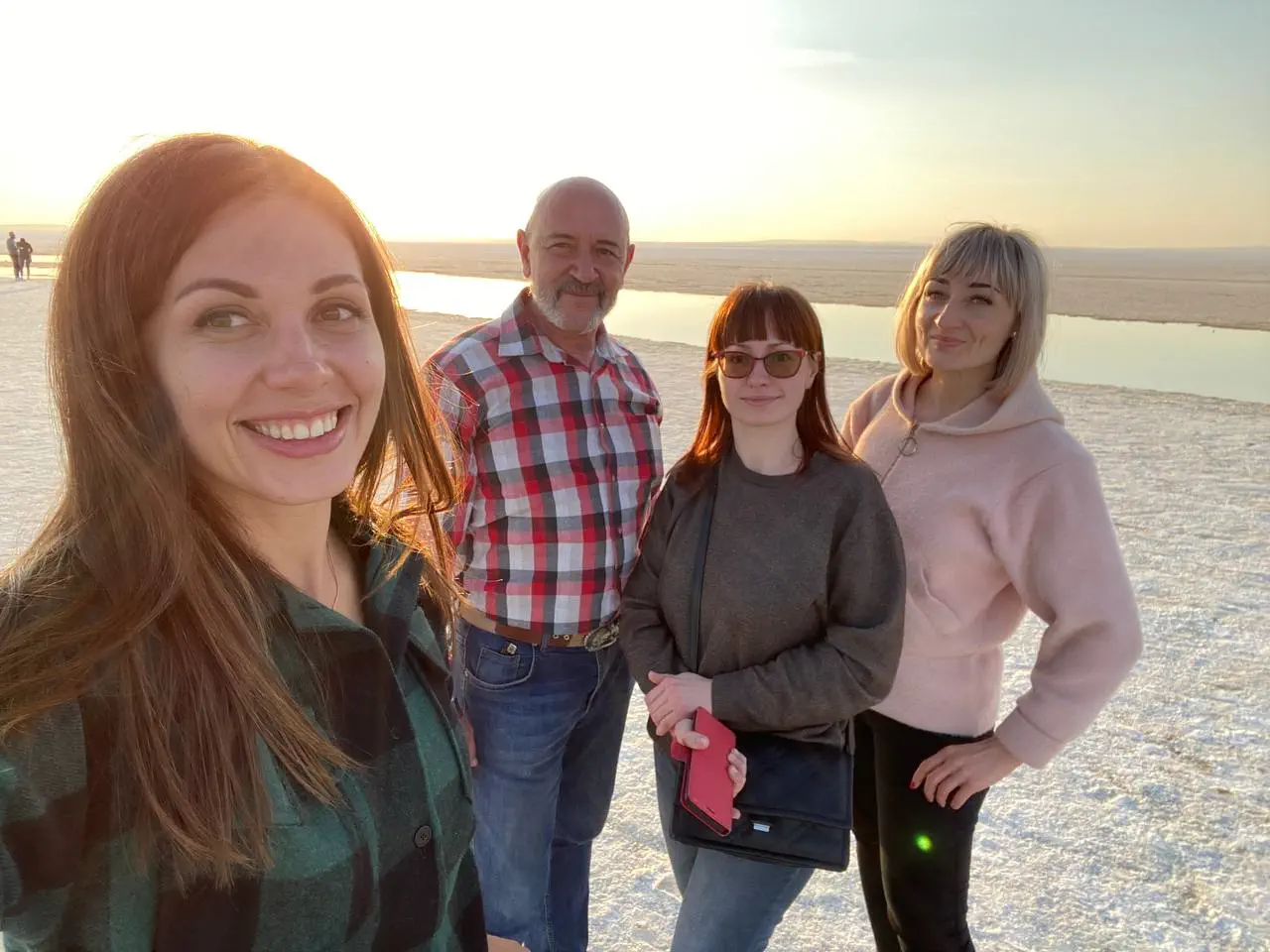
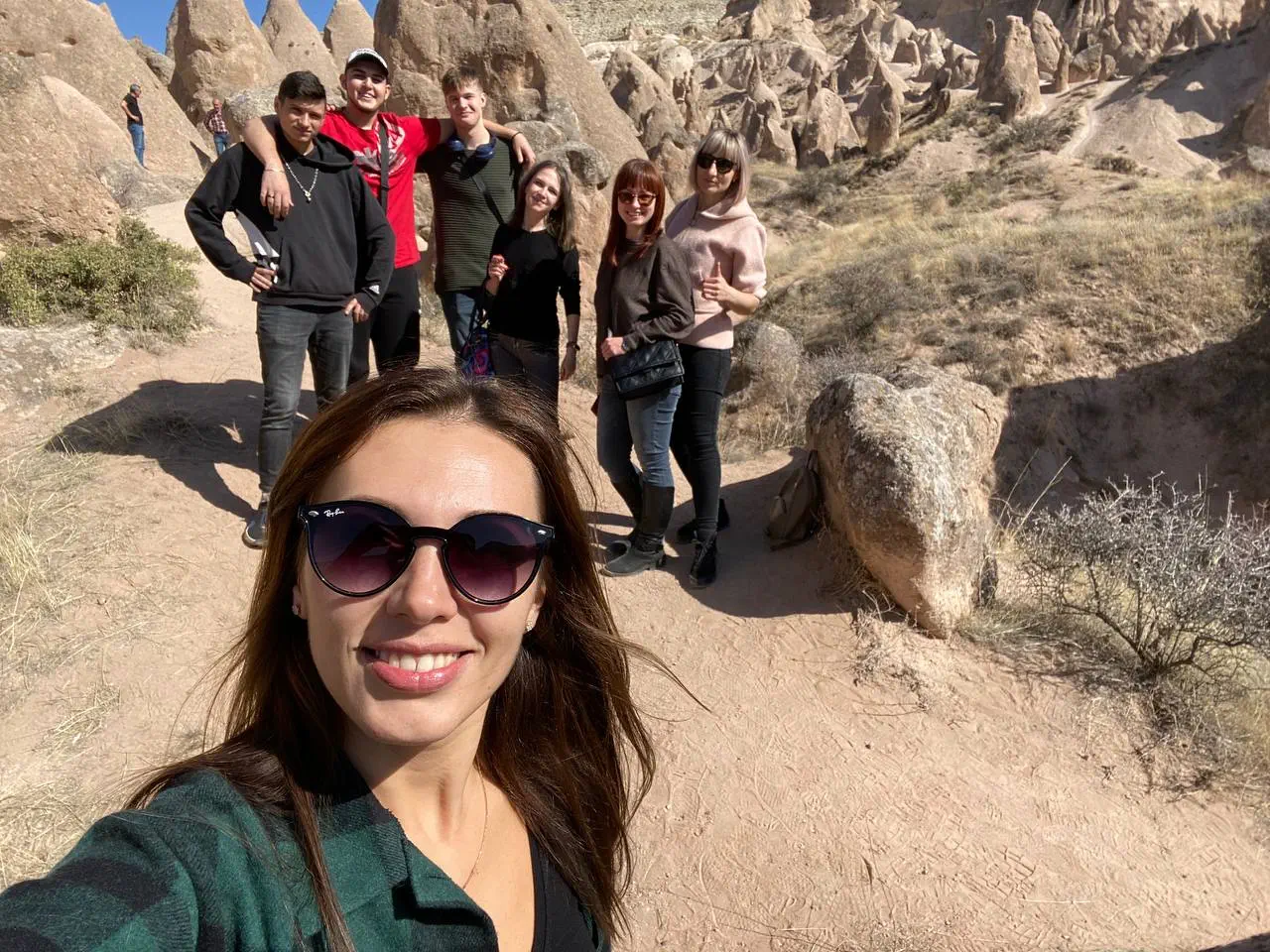
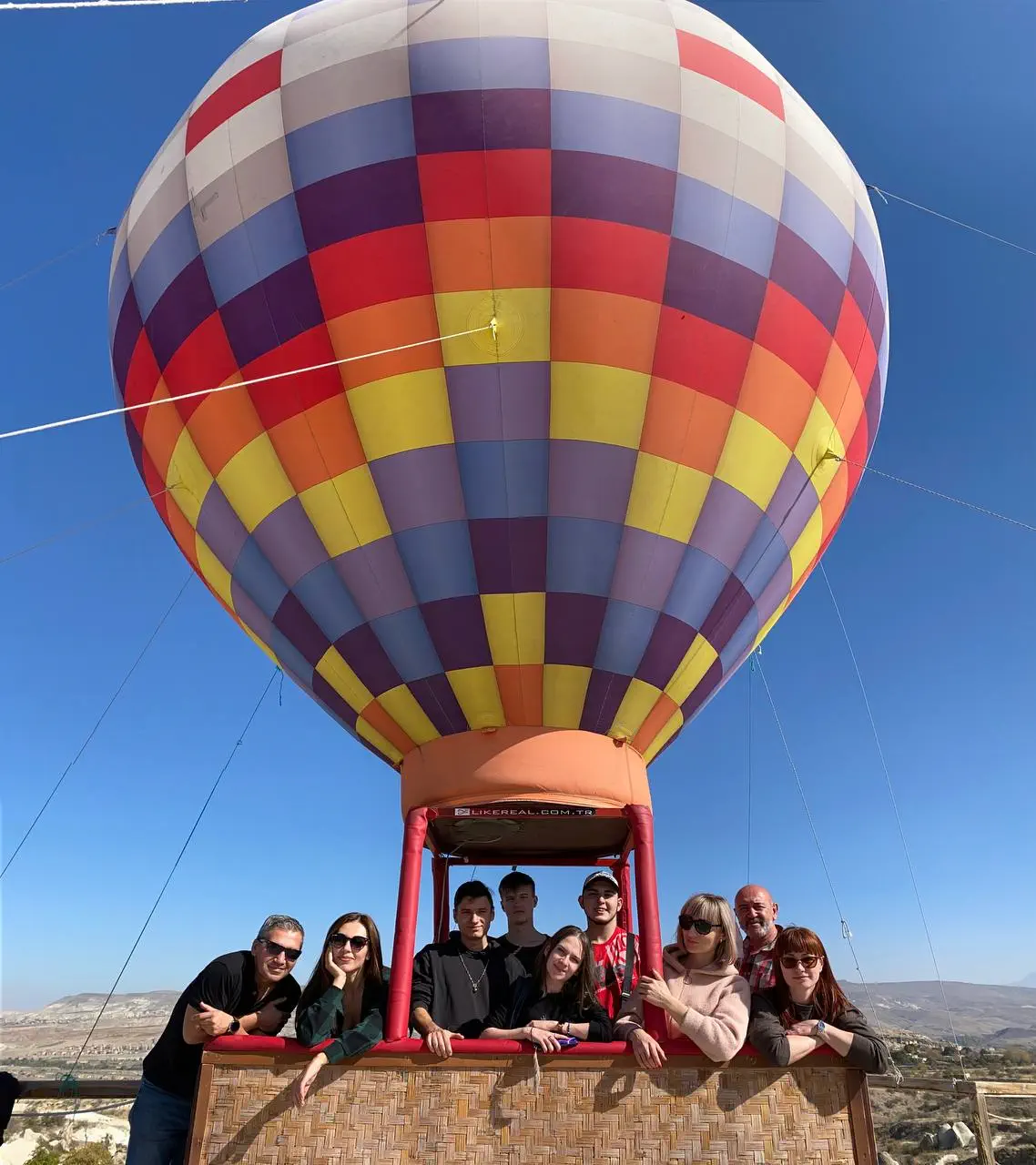
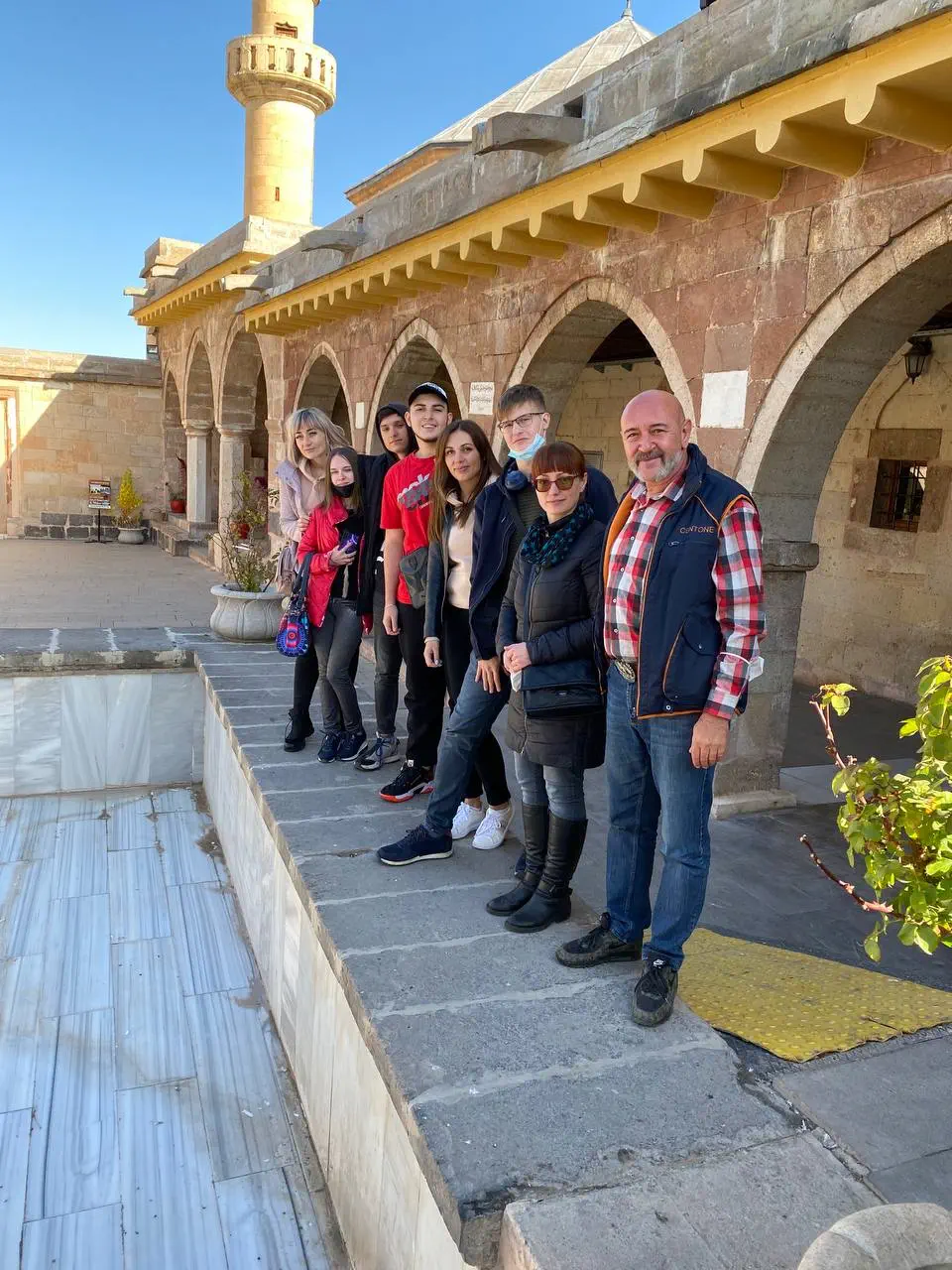
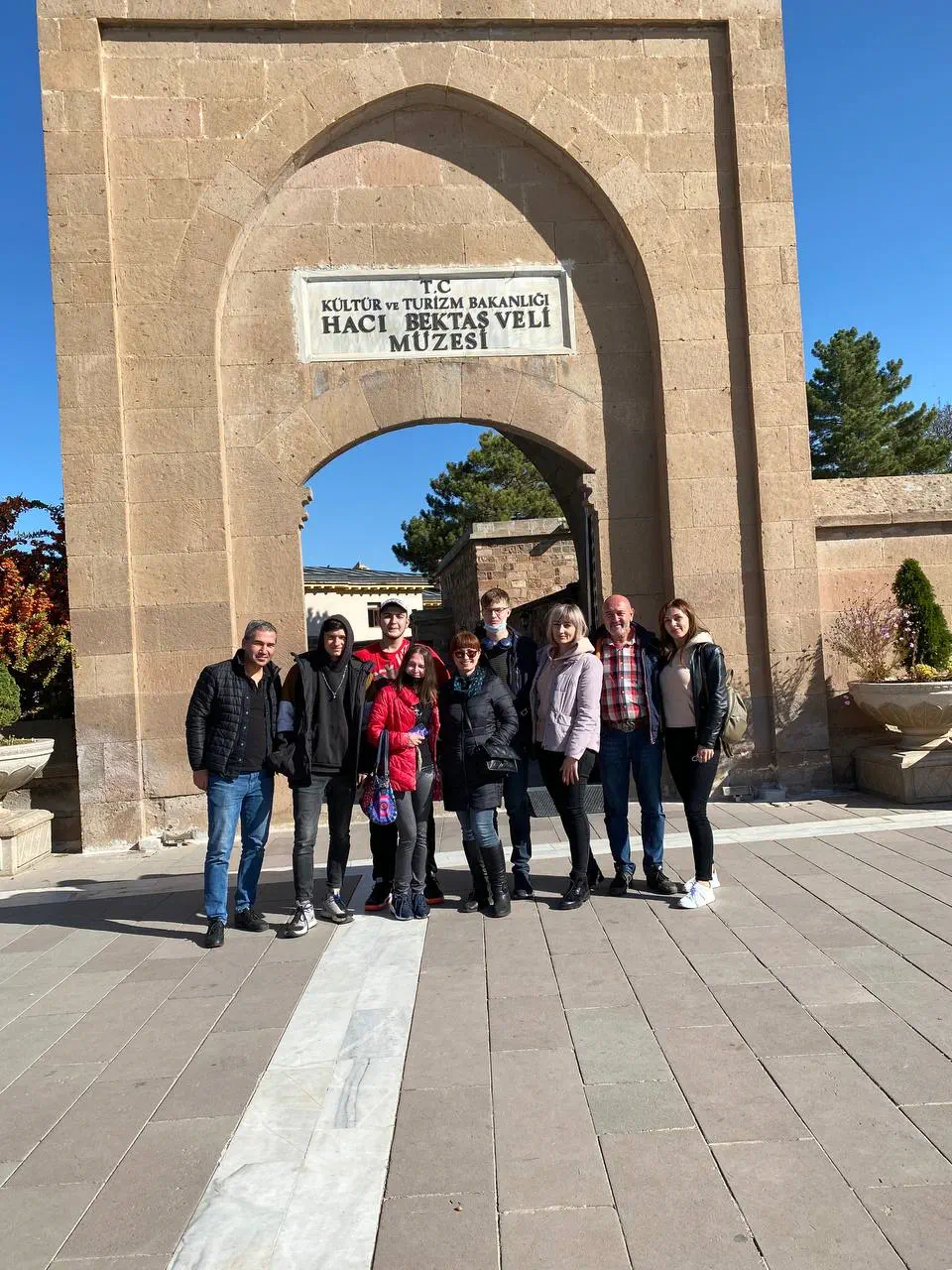
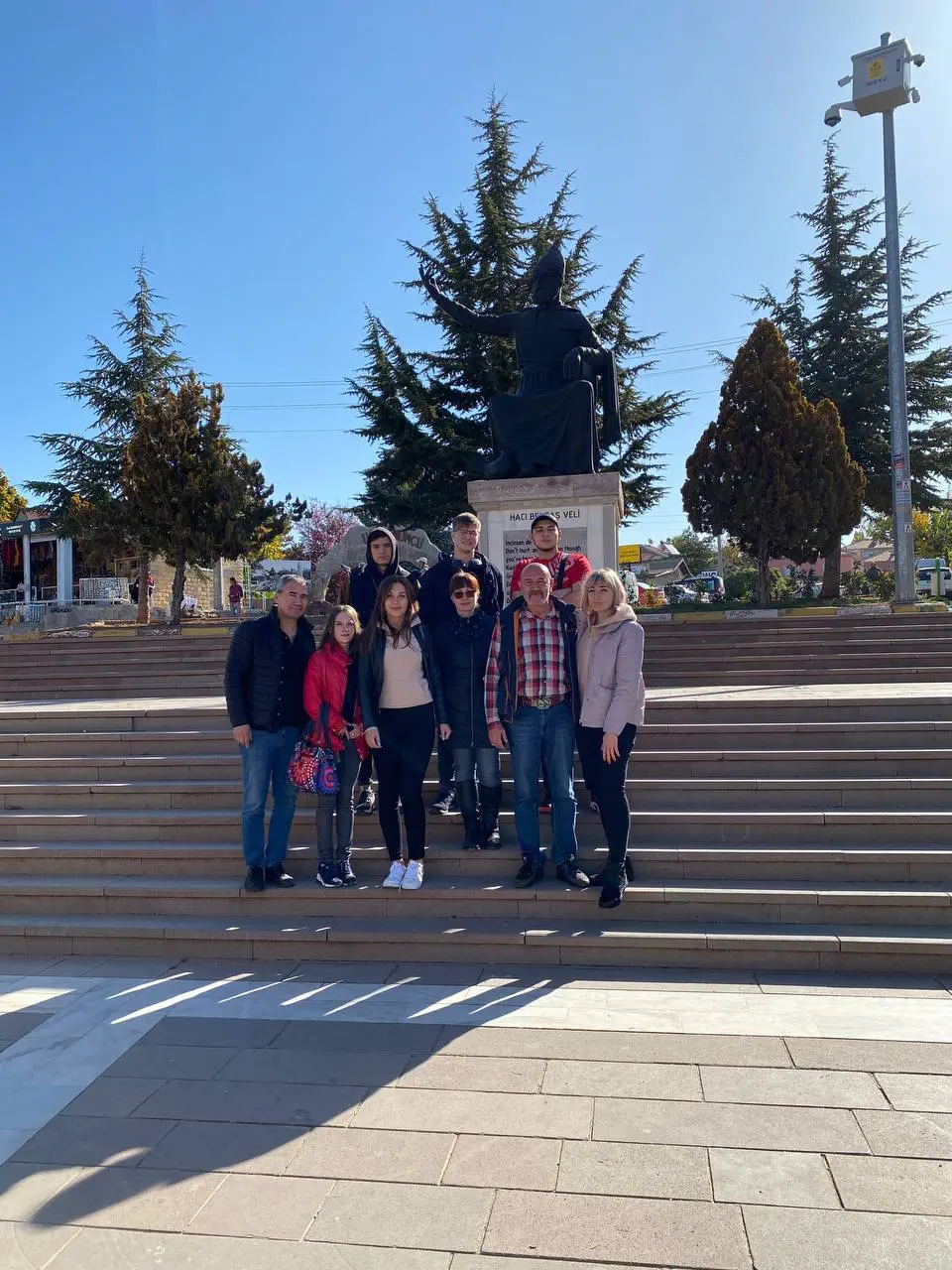
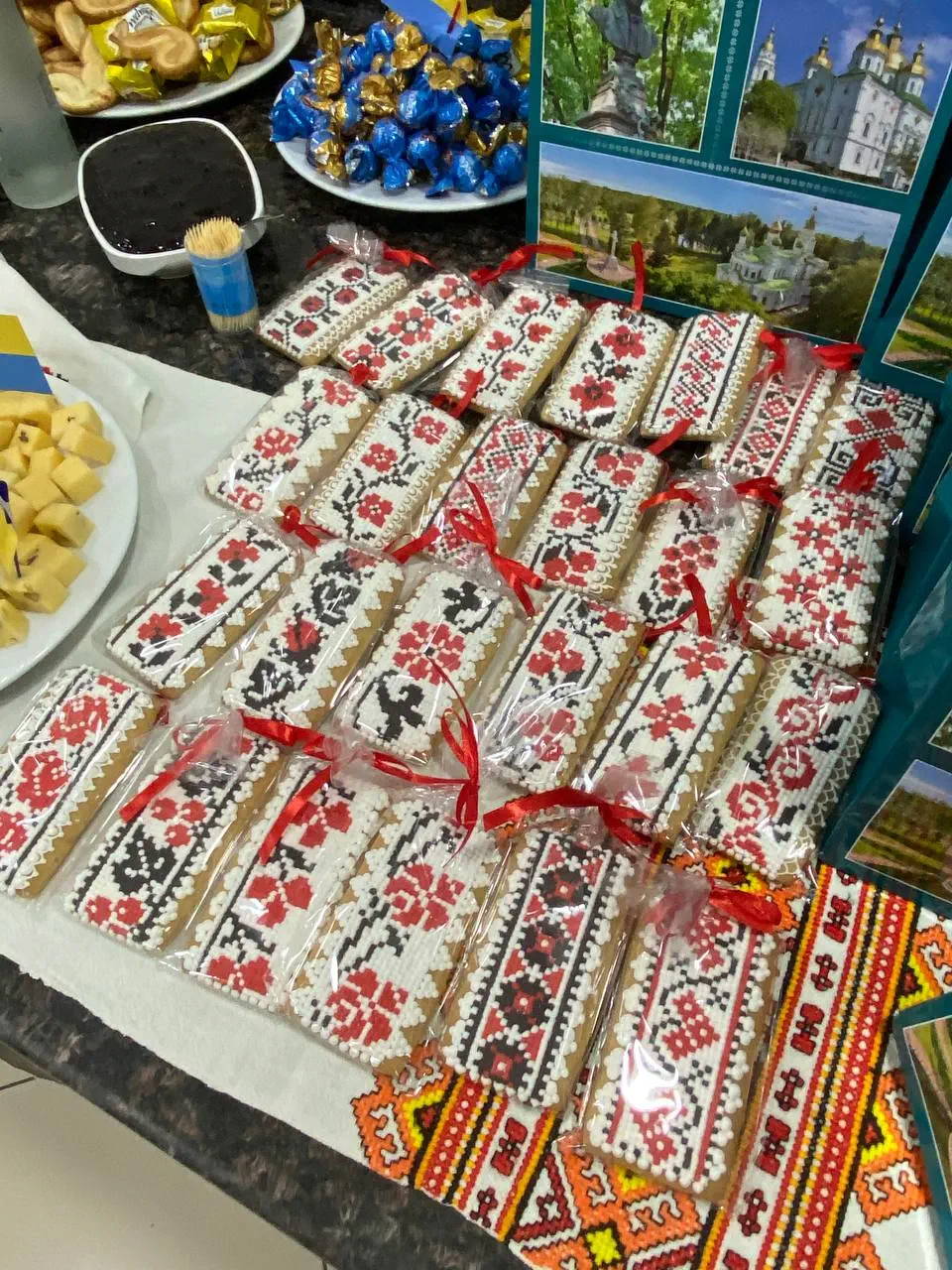
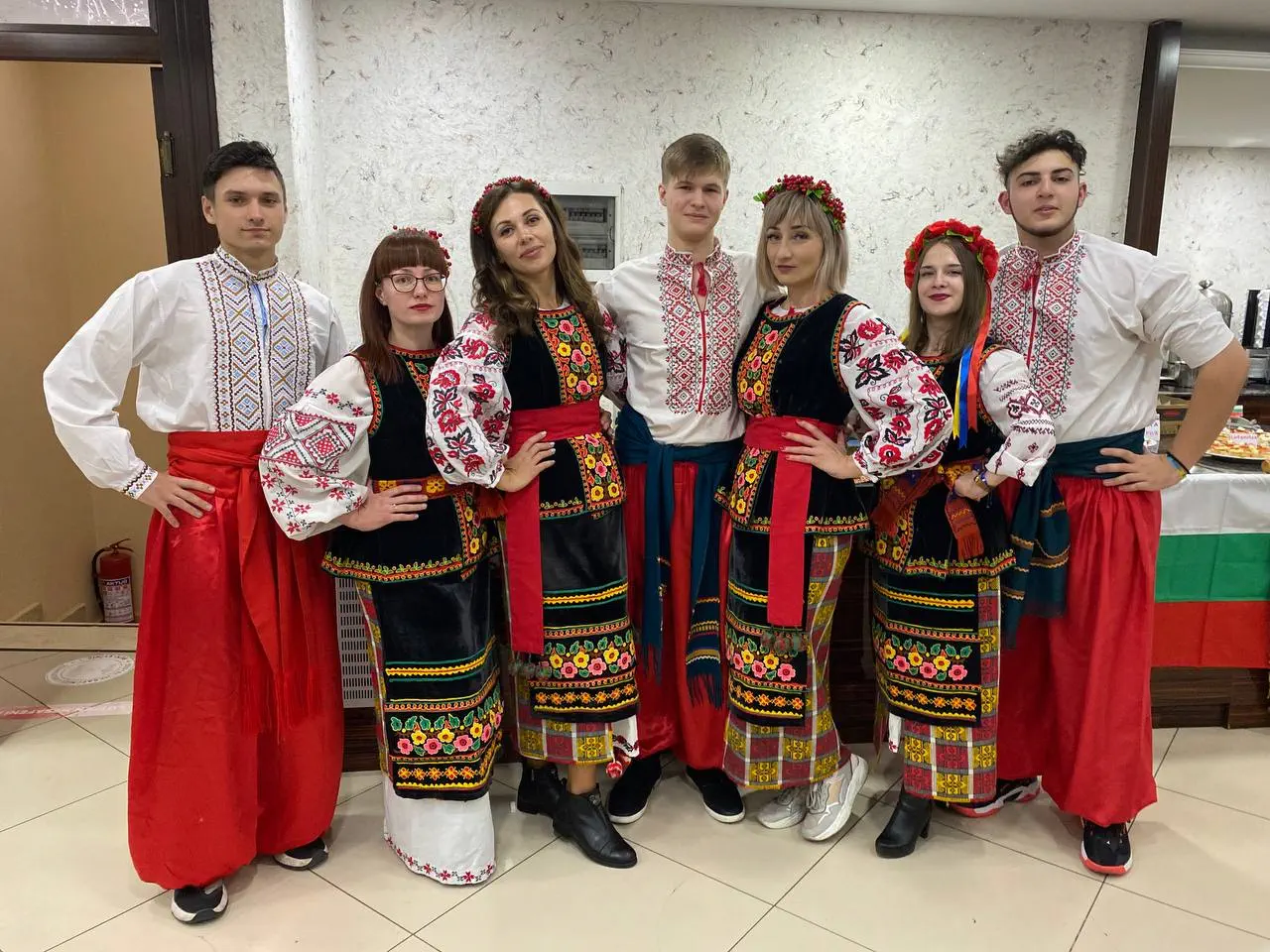
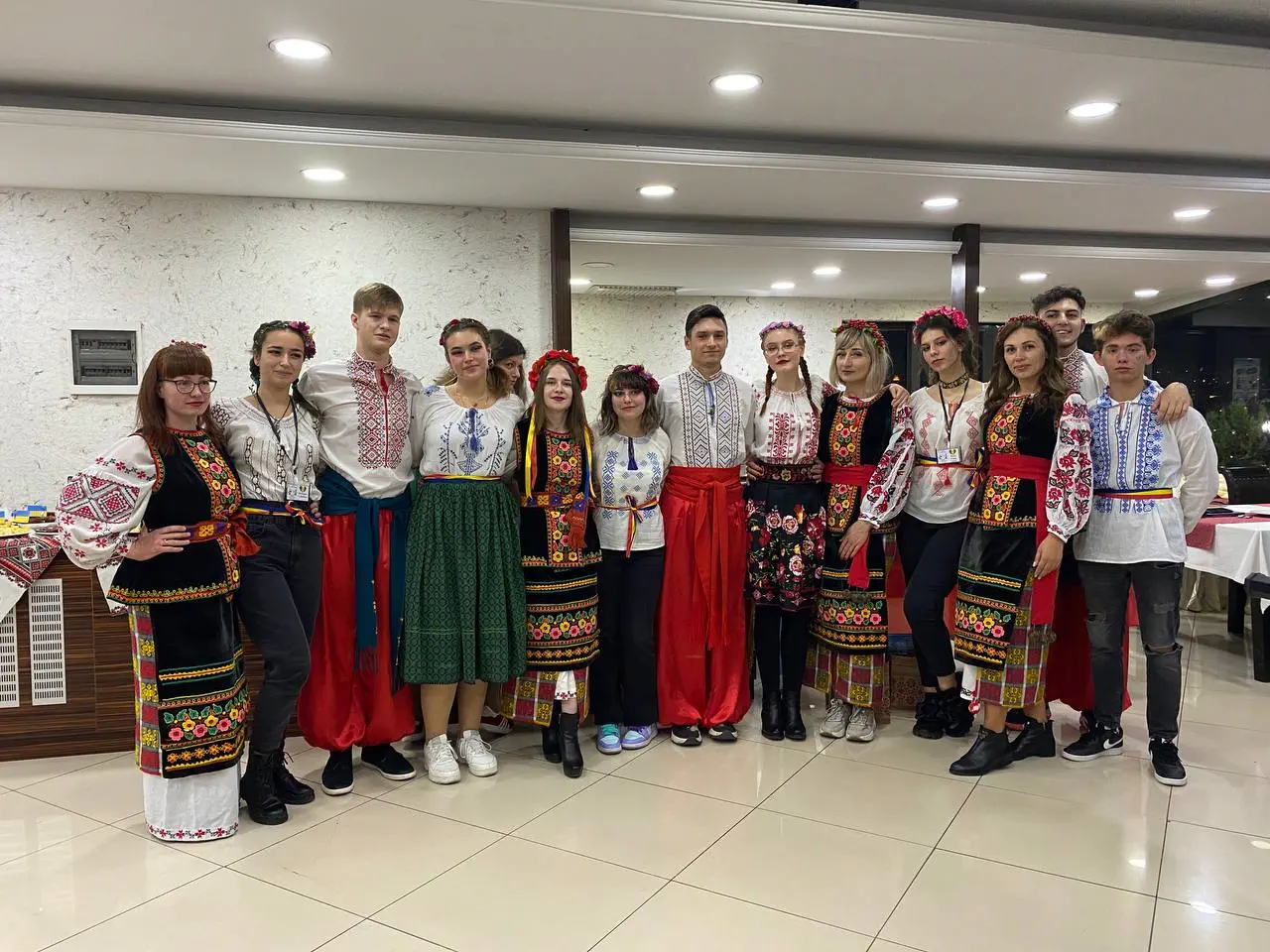
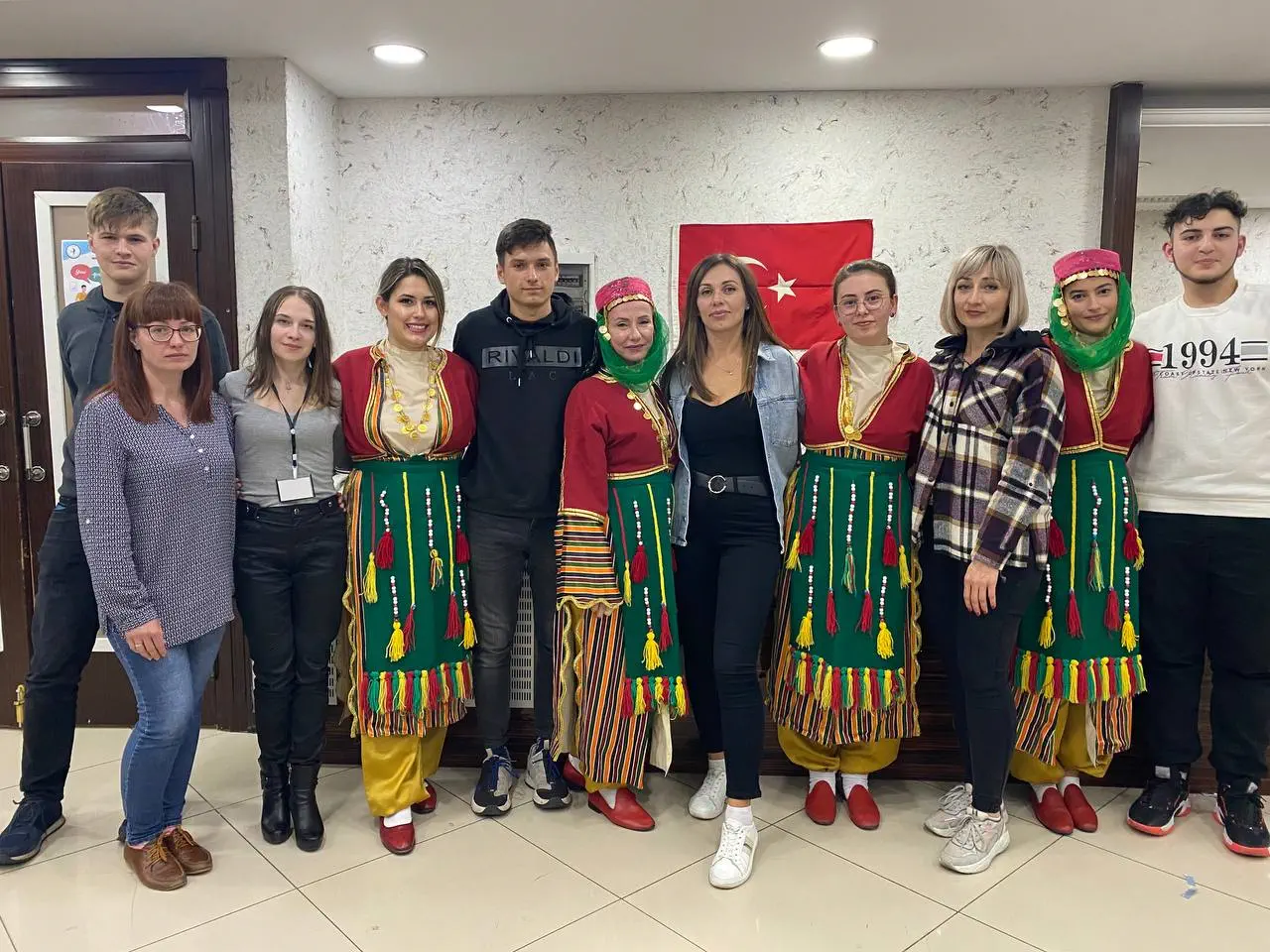
The participants of the training visited Atakule – a communication and observation tower with a height of 125 meters. The local landmark is sited in the Kankan district in central Ankara. The Atatürk Mausoleum and the Rahmi M. Koç Müzesi (Museum of the local lore) are worth a visit due to the amazing historical panoramas accompanied by thematic music. These are places where fairy tales, legends, folk and lullabies, and unique stories of the Turkish people come to life. Another highlight was a visit to the historic center – Ulus Meydani Square, a large transport interchange with a large statue of Mustafa Kemal Atatürk and the Ankara Fortress with towers, one of the main symbols of the Turkish capital.
The result of the training was the exchange of practical knowledge, presentation of project works of participants who, based on the acquired knowledge, skills and abilities, demonstrated a high level of awareness of digitization and tried to solve specific problems of the information society.
"During the project, we improved our skills in working with distance learning platforms and learned about a number of new digital applications that will be useful to us during classes. We are extremely grateful to the President of "TUFAK Tourism Folklore Research Center Youth Club" Melih Sadik Aras, the author of the project Hasan Boztaş and coach Bora Akince for their incredible experience in international communication and knowledge gained, and to the rector of Poltava Polytechnic, Professor Volodymyr Onyshchenko and Director of Poltava College of Oil and Gas of the National University ''Yuri Kondratyuk Poltava Polytechnic'' Liubov Shumska for comprehensive support and assistance in the implementation of the project," – thanked the foreign language lecturer at the Poltava College of Oil and Gas Sofiia Rudenko.
Erasmus+ is a modern EU academic exchange Programme that promotes and supports educational projects, events, partnerships, moving and mobility in education, sport and youth. The Erasmus+ Programme motivates one to be conscientious in studying, since the acquired knowledge greatly facilitates the future professional life. It is important to accumulate the best European experience that contributes to personal development.
Participation in such competitions enables higher education institutions to improve international project management skills and organizational capacity; open new horizons for internationalization of higher education at both organizational and individual levels; modernize educational programs; introduce new teaching and learning methods; introduce disciplines in English and other foreign languages; enhance the management of the institution in order to better the quality of higher education and intensify cooperation with partners from all over the world.
The Erasmus+ Programme funds the international academic mobility of youth, young leaders and youth workers through international informal education – the European Solidarity Corps, the European Voluntary Service, various exchanges and more. Ukraine has been actively involved in such programs for a long time. In particular, 24,483 youth representatives received funding to share experiences with colleagues from Europe – 17,537 from Ukraine, 6,946 to Ukraine. With the participation of partners from Ukraine, there are 153 volunteer projects (KA125) with 28 member countries of the Programme, including 2 projects from 1 higher education institutions of Ukraine, and 3,391 youth mobility projects (KA105) with 31 member countries received funding in 2015-2020, 14 Ukrainian higher education institutions are also among the partners of 21 projects.
It should be recalled that earlier a philology student became a participant of the Erasmus+ youth exchange program dedicated to social stereotypes and a polytechnic lecturer joined the Erasmus+ project "Speak Up, we are Listening".
Media Center of
National University “Yuri Kondratyuk Poltava Polytechnic”
